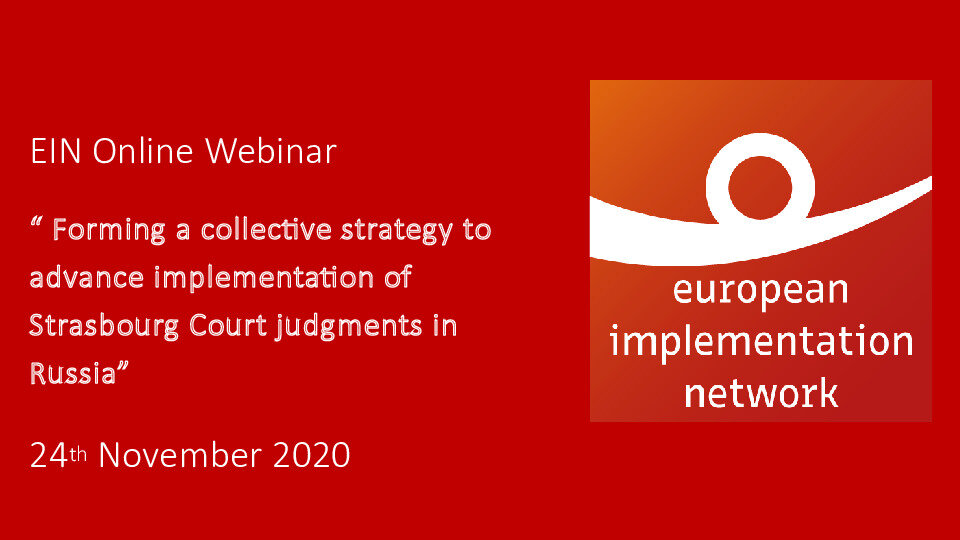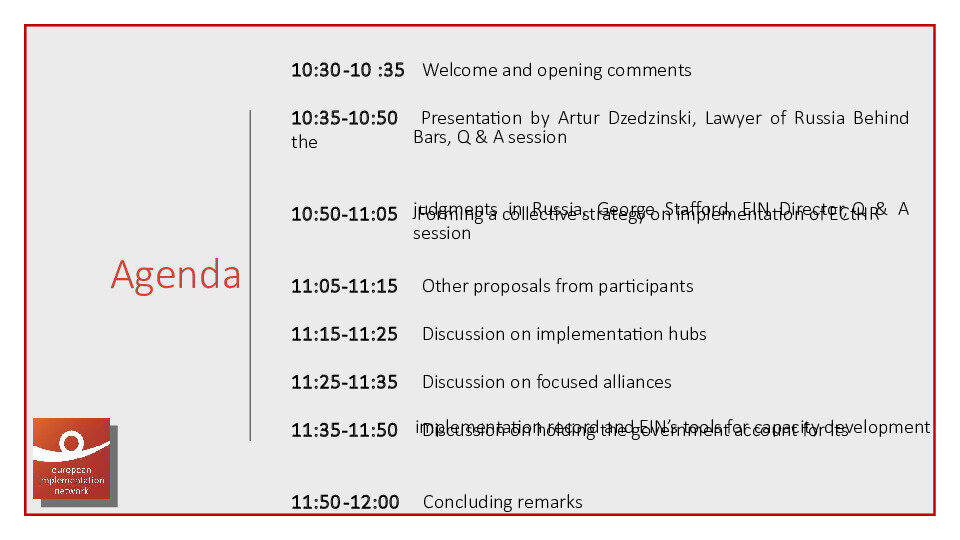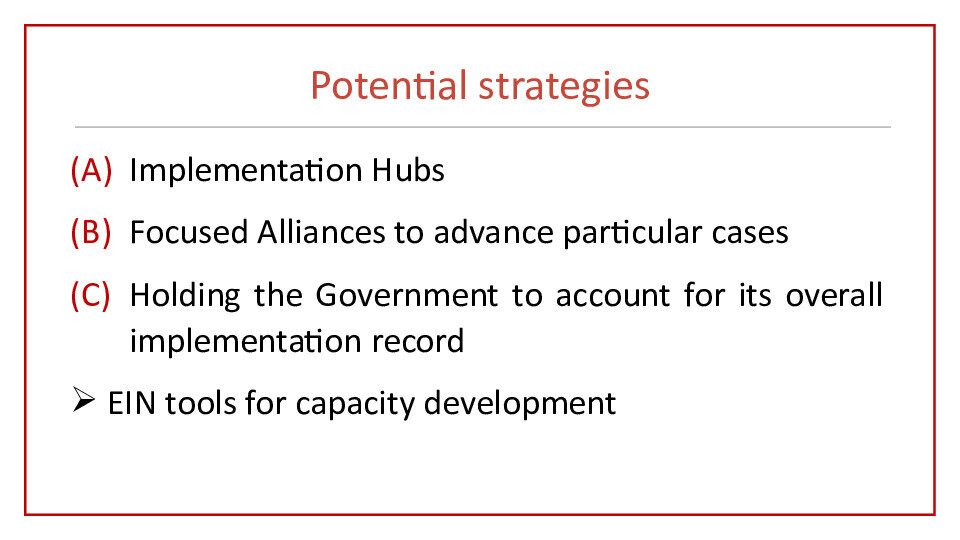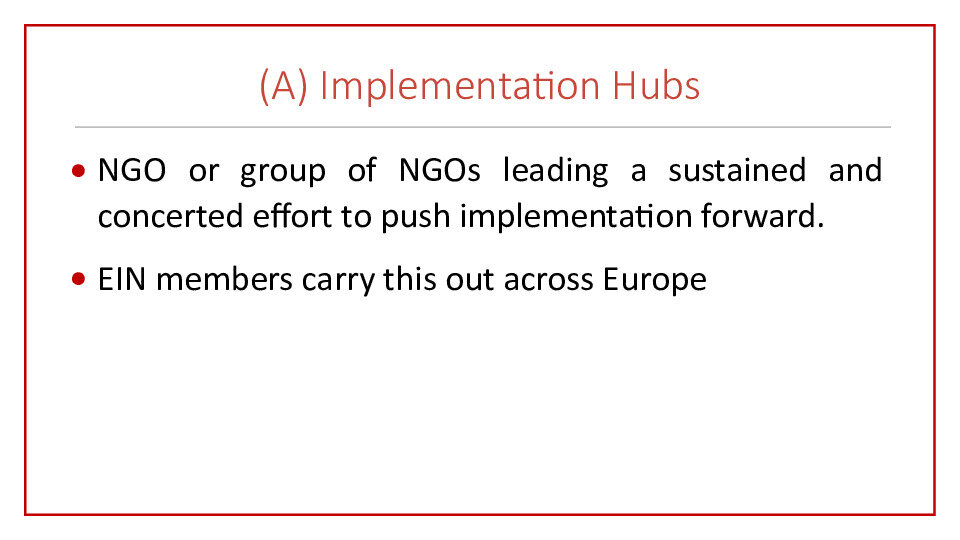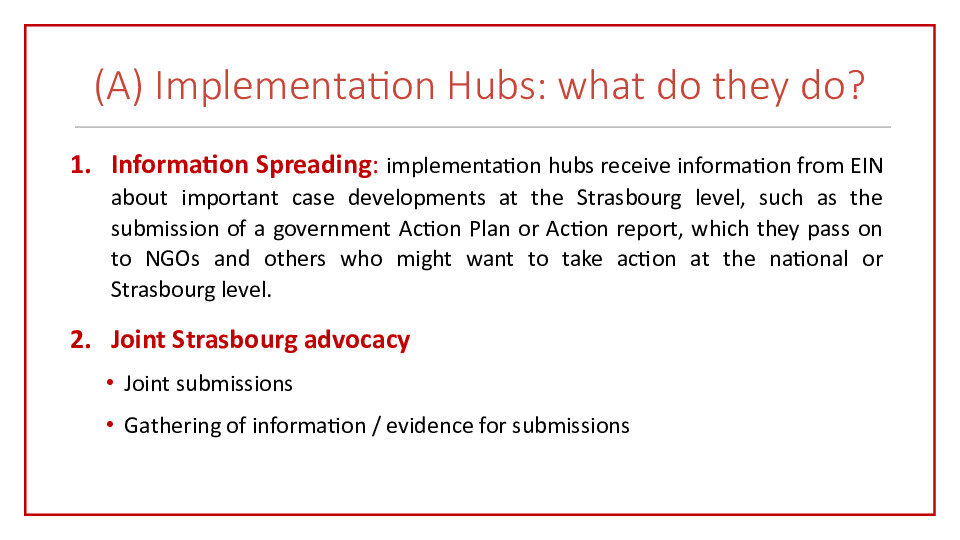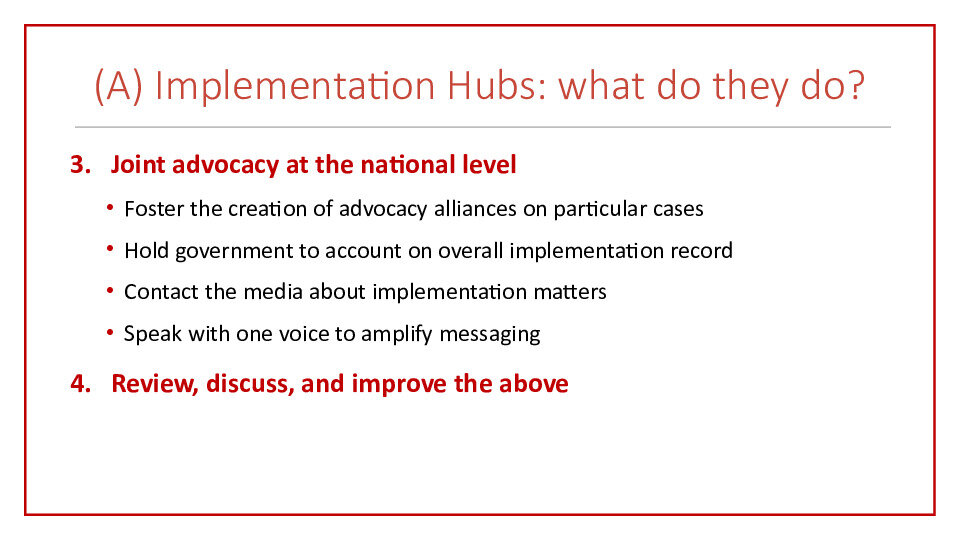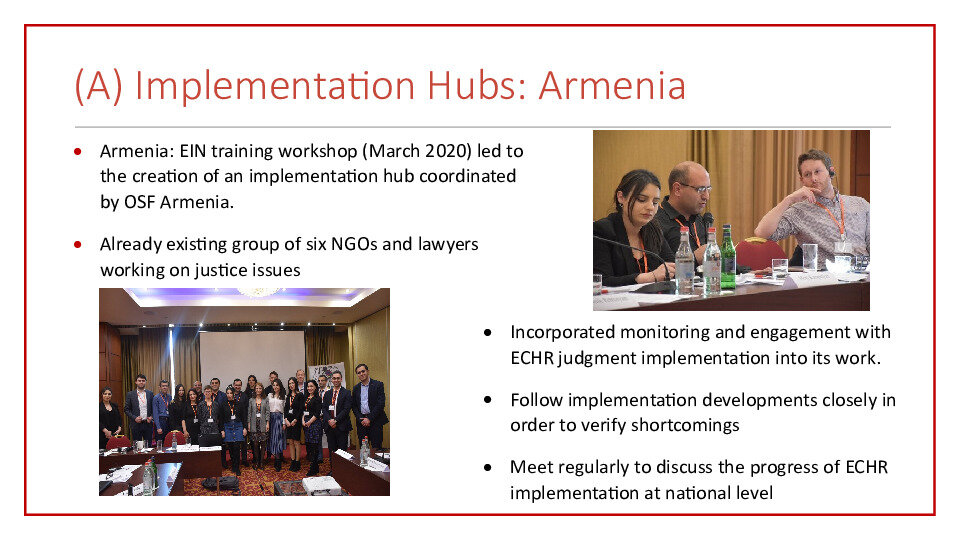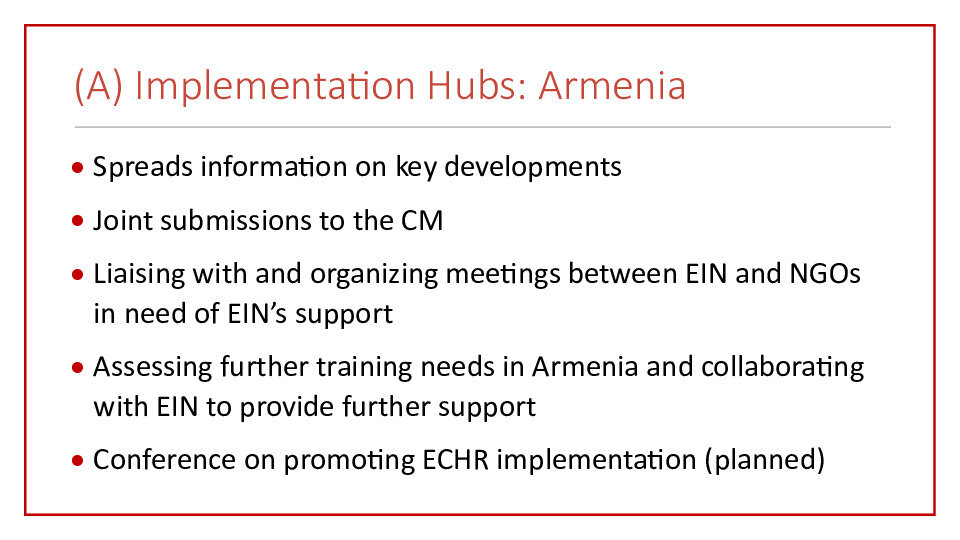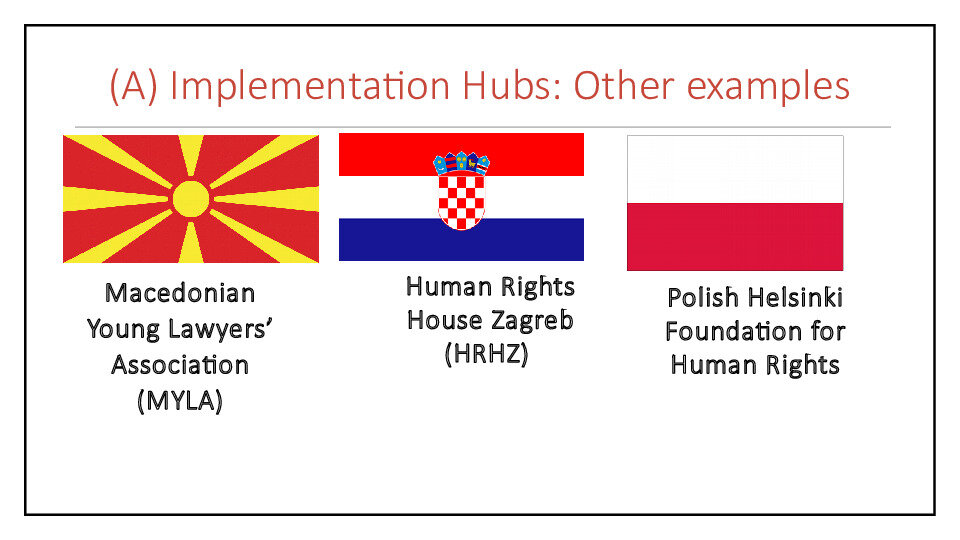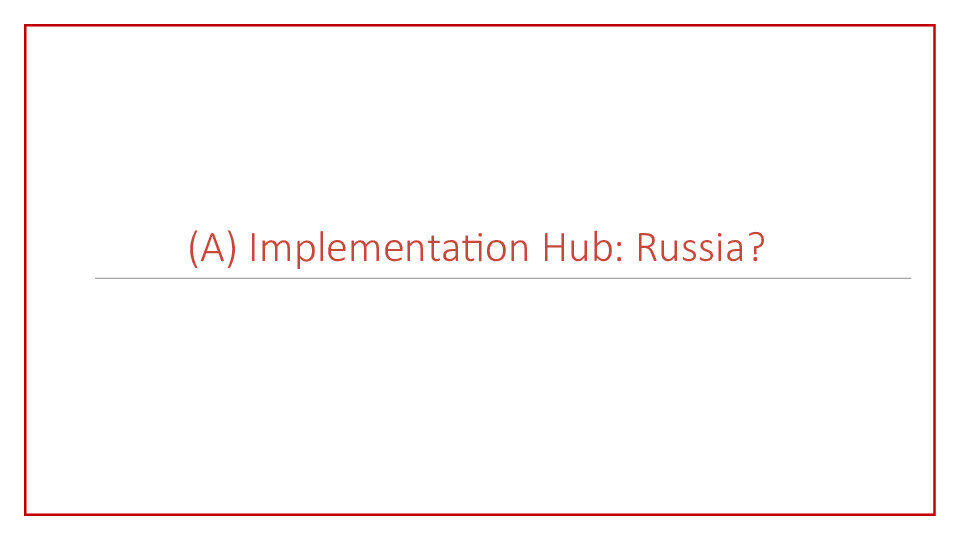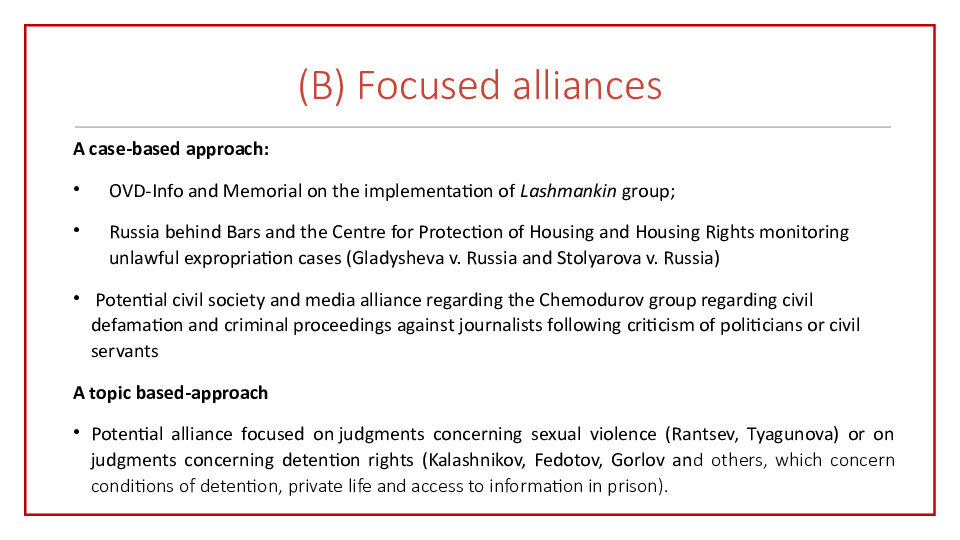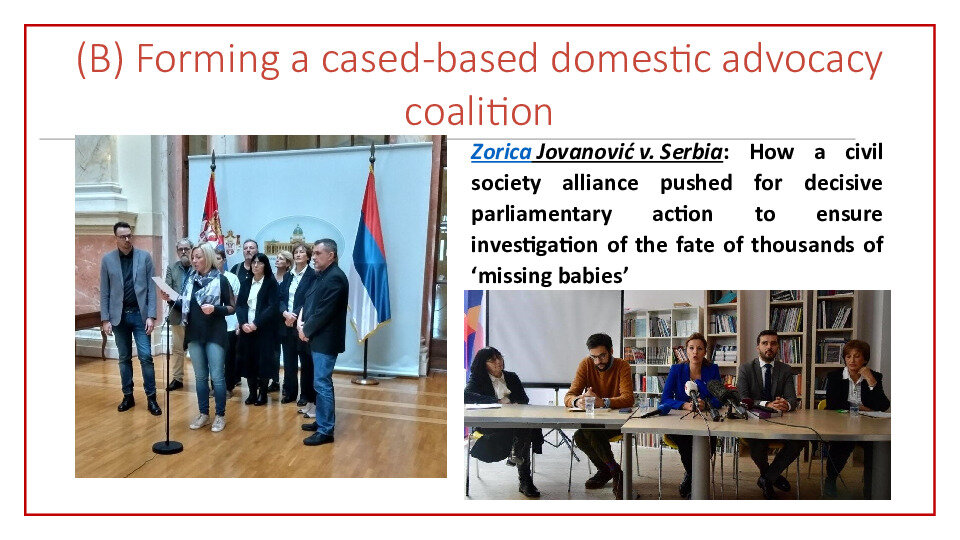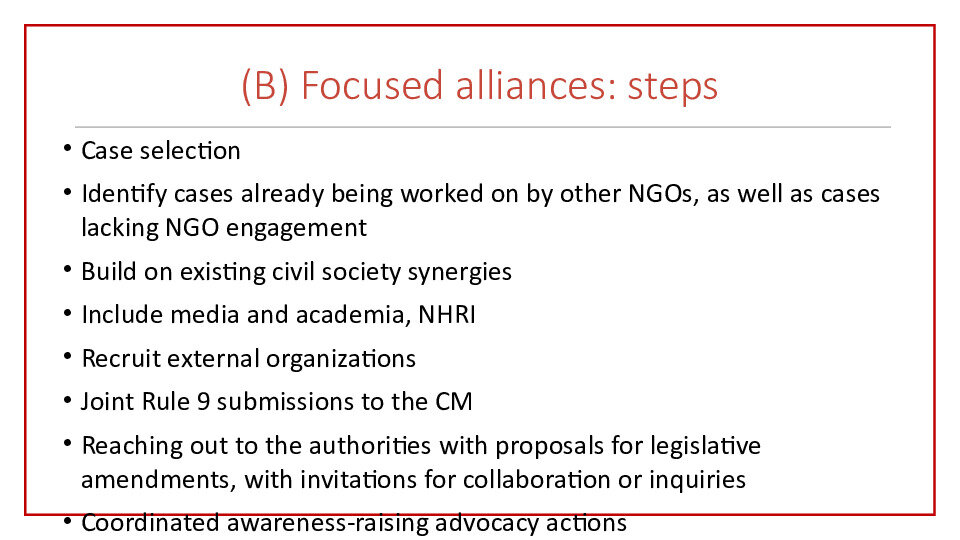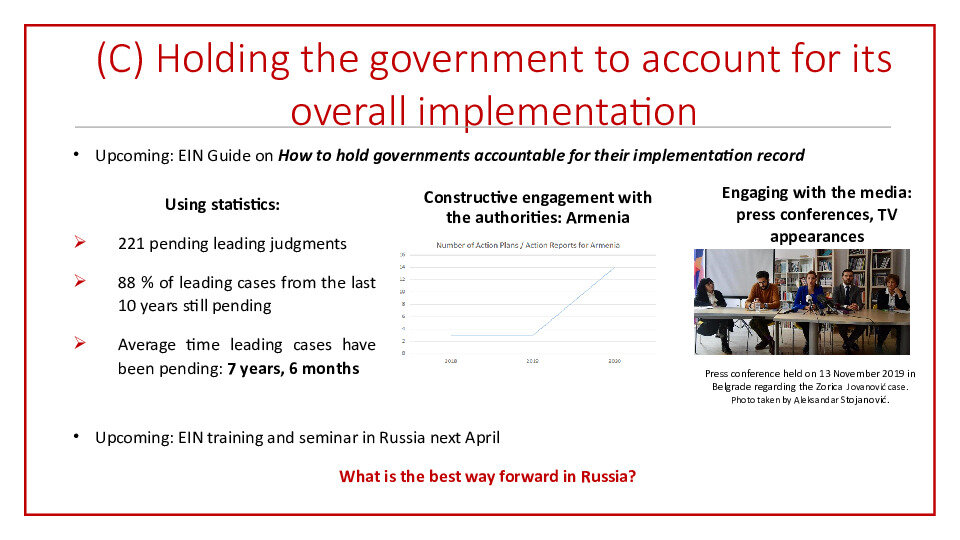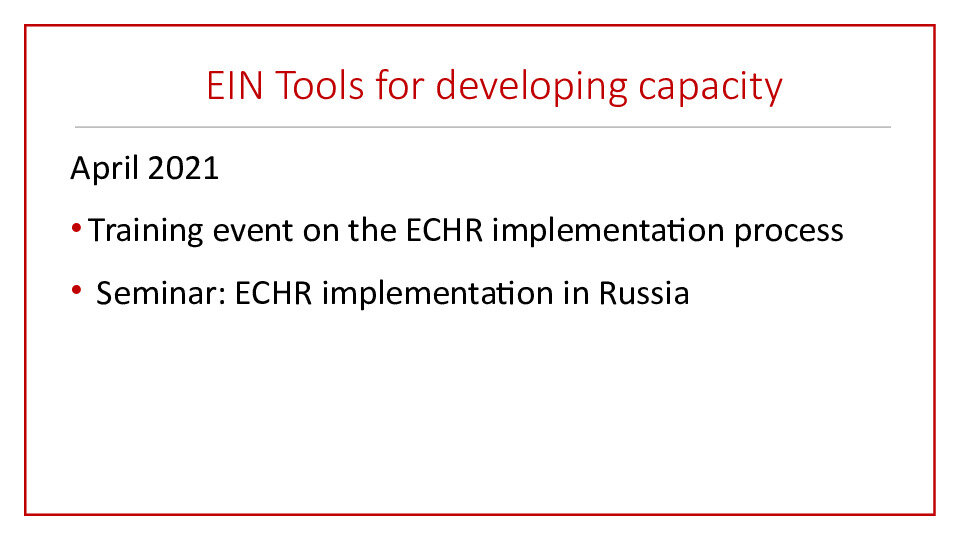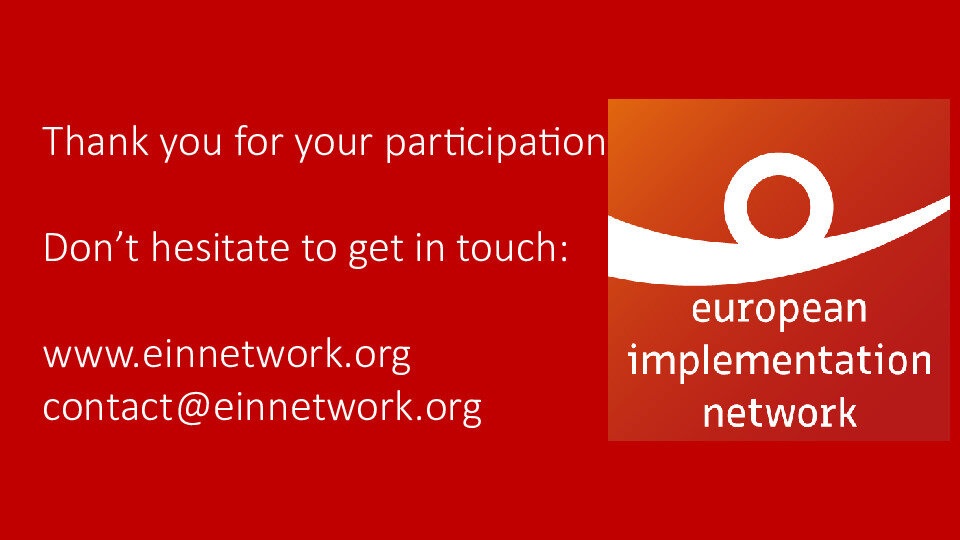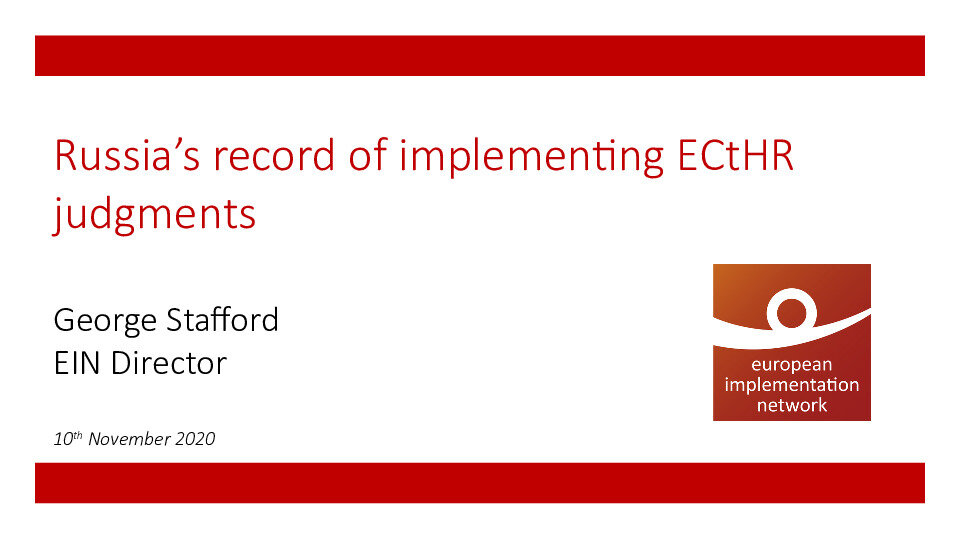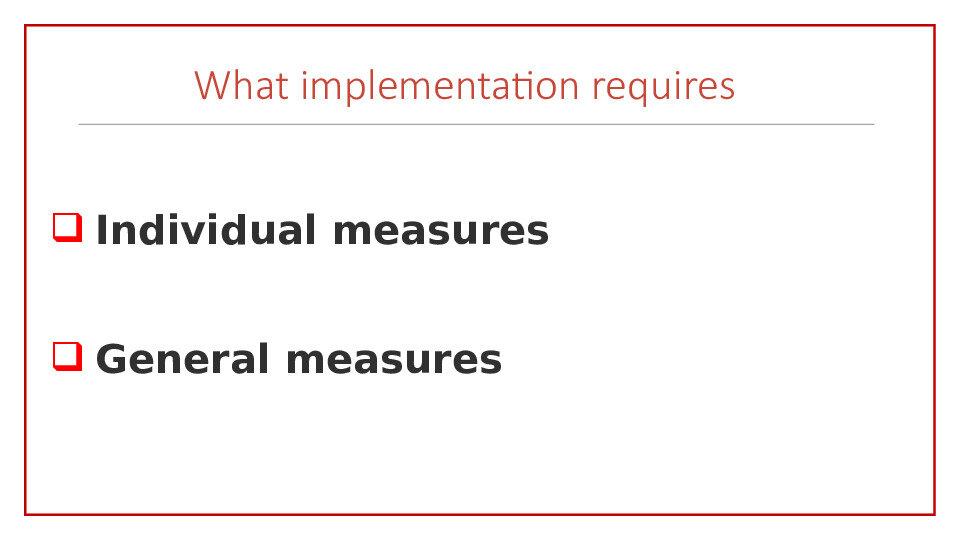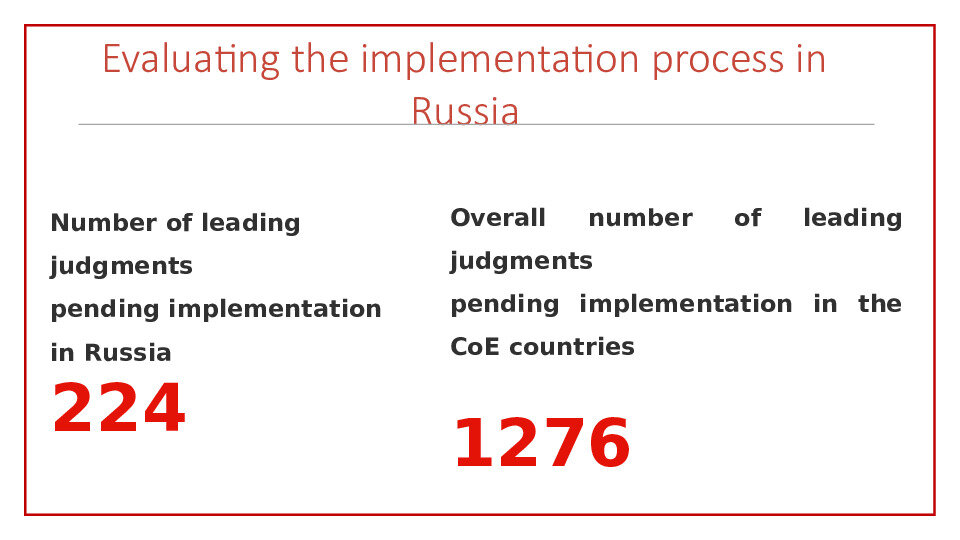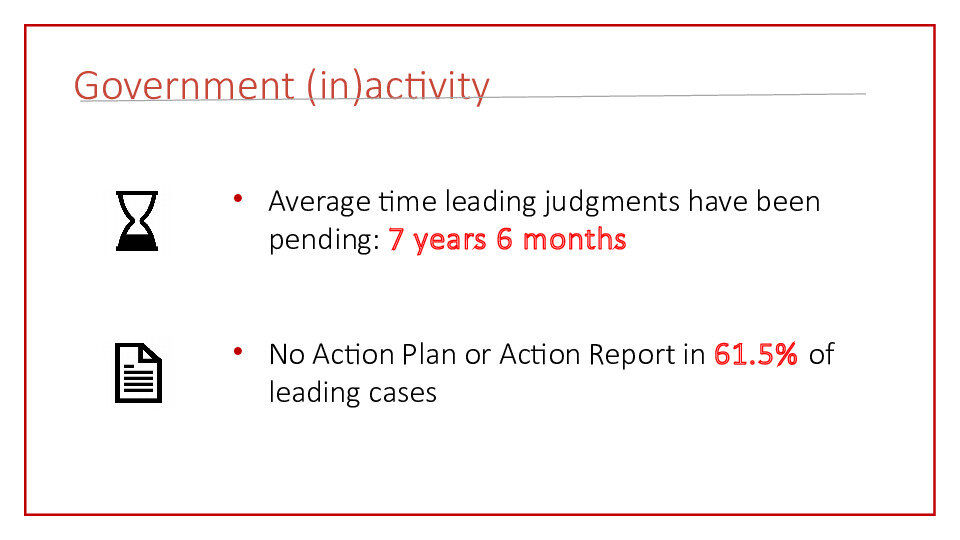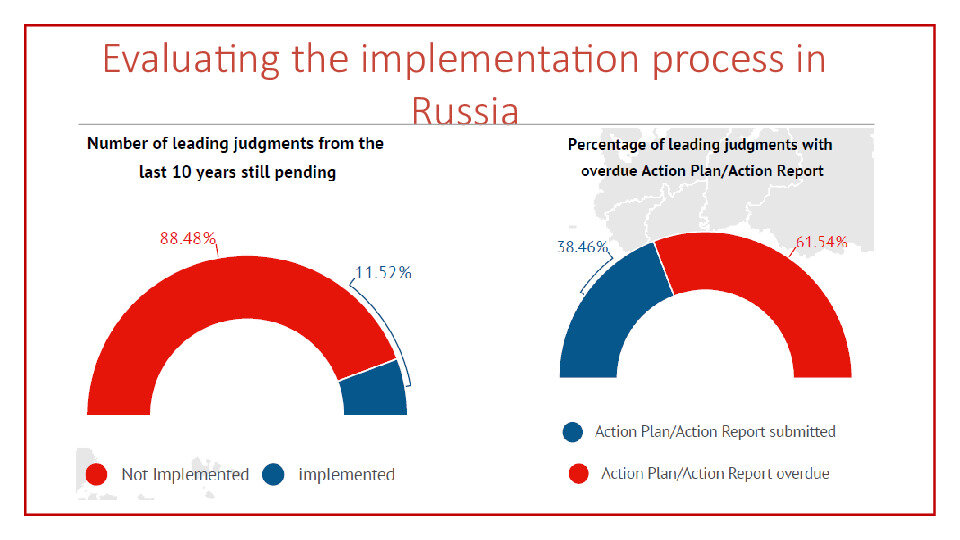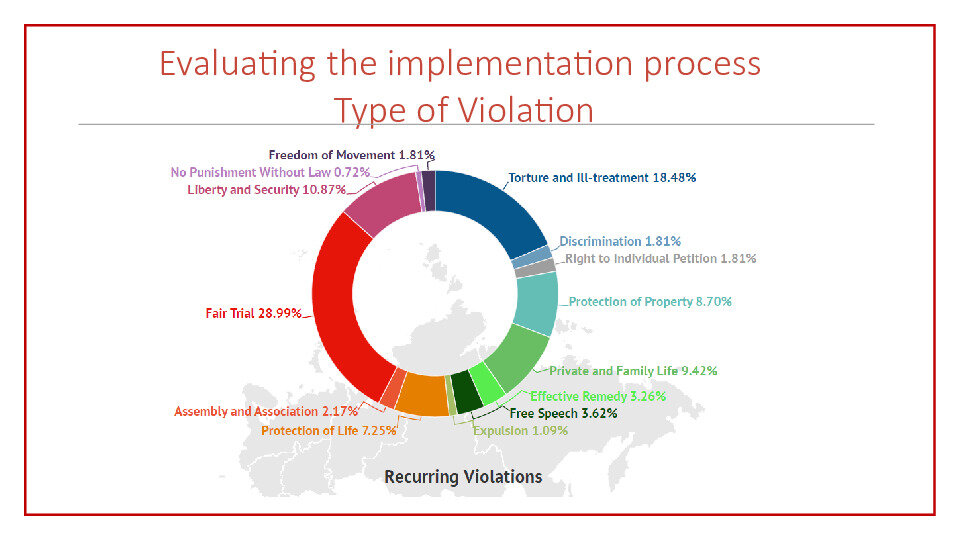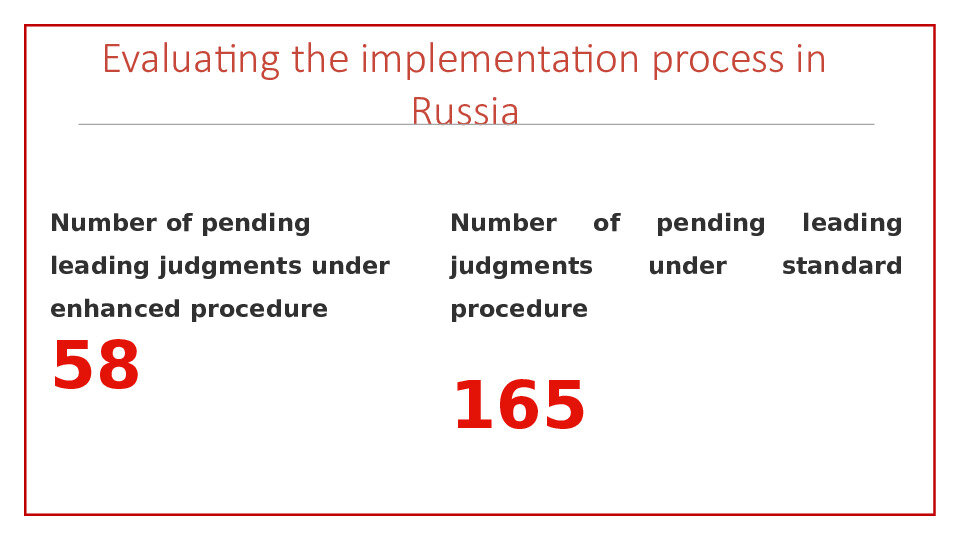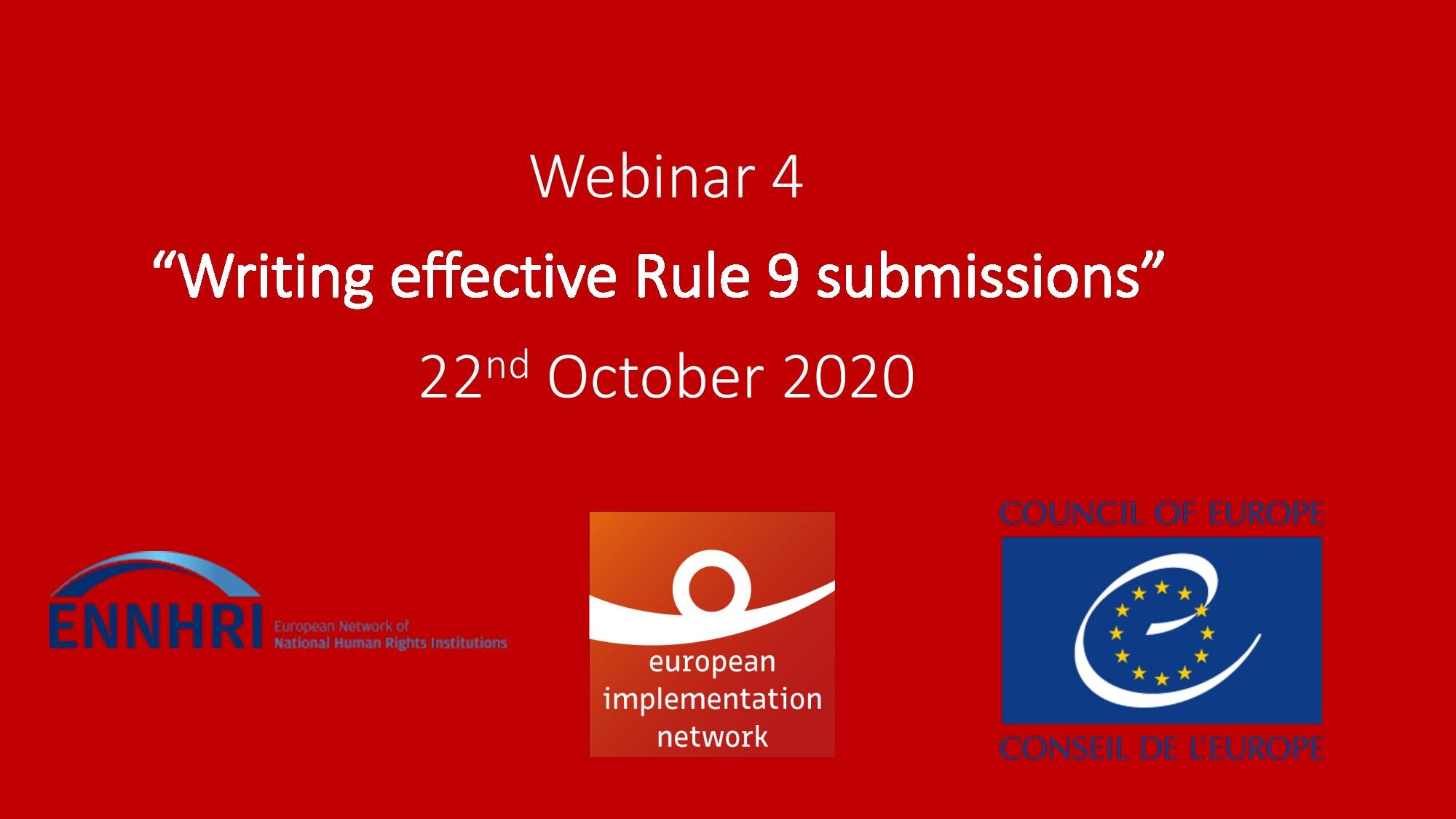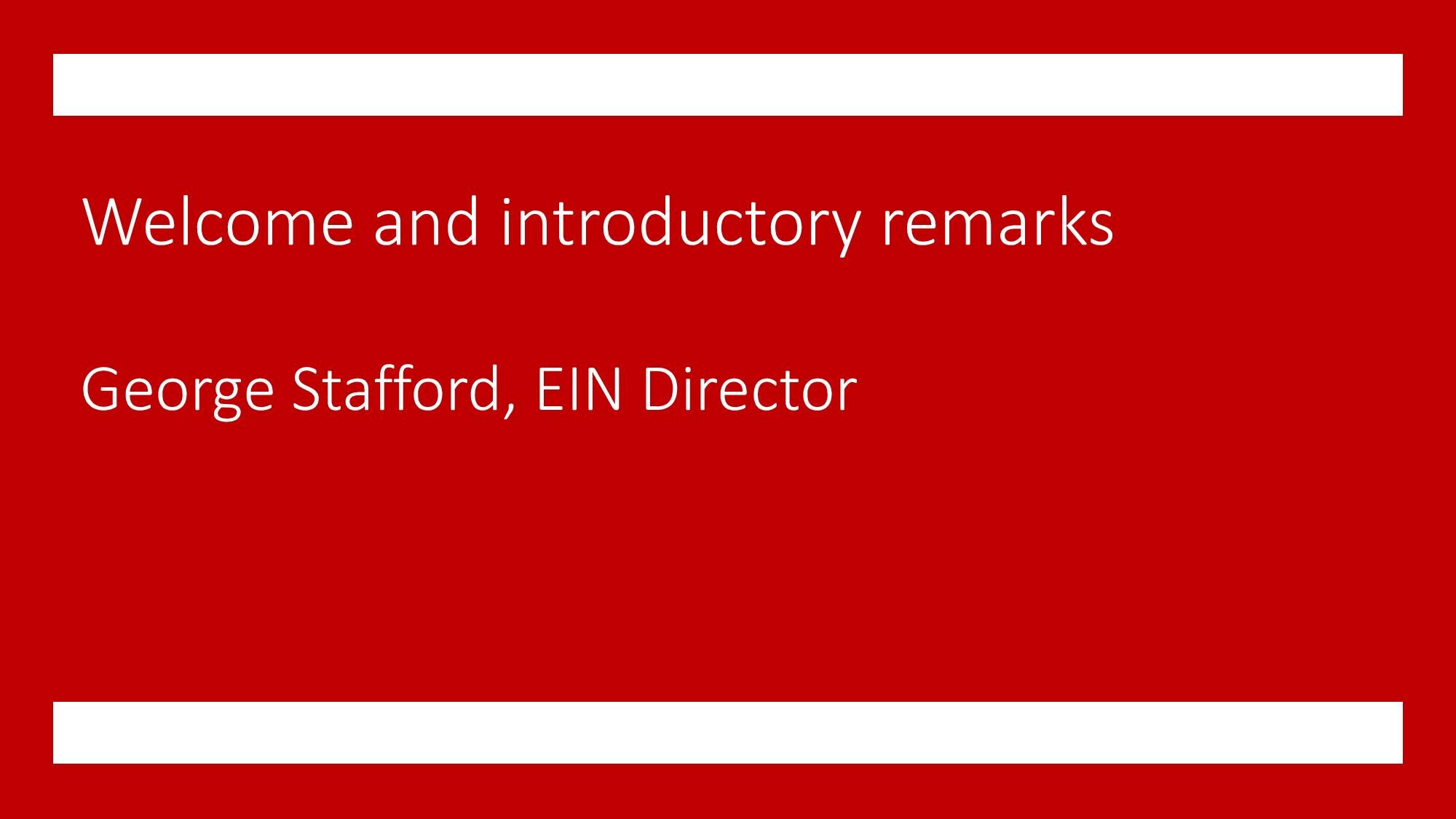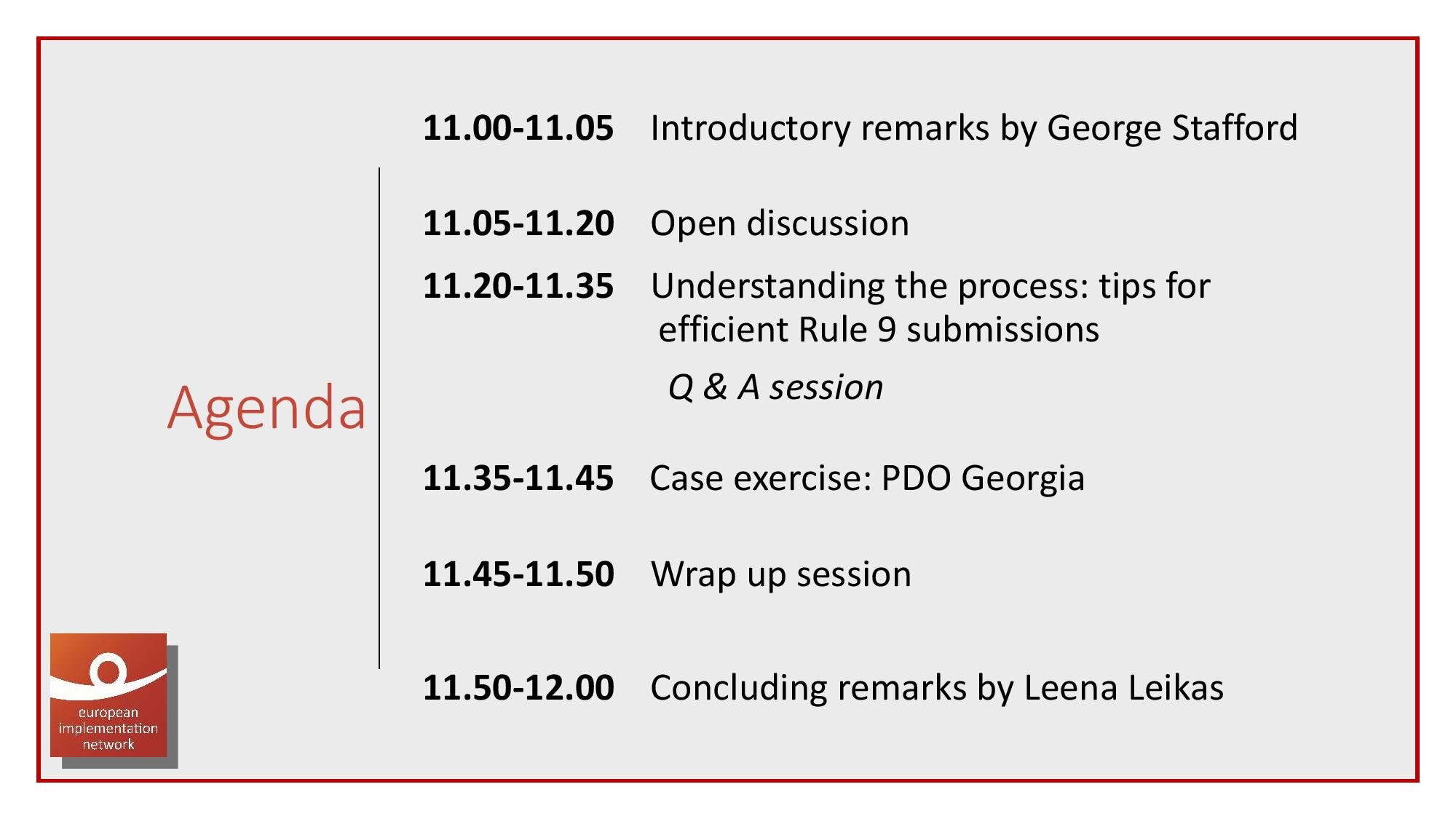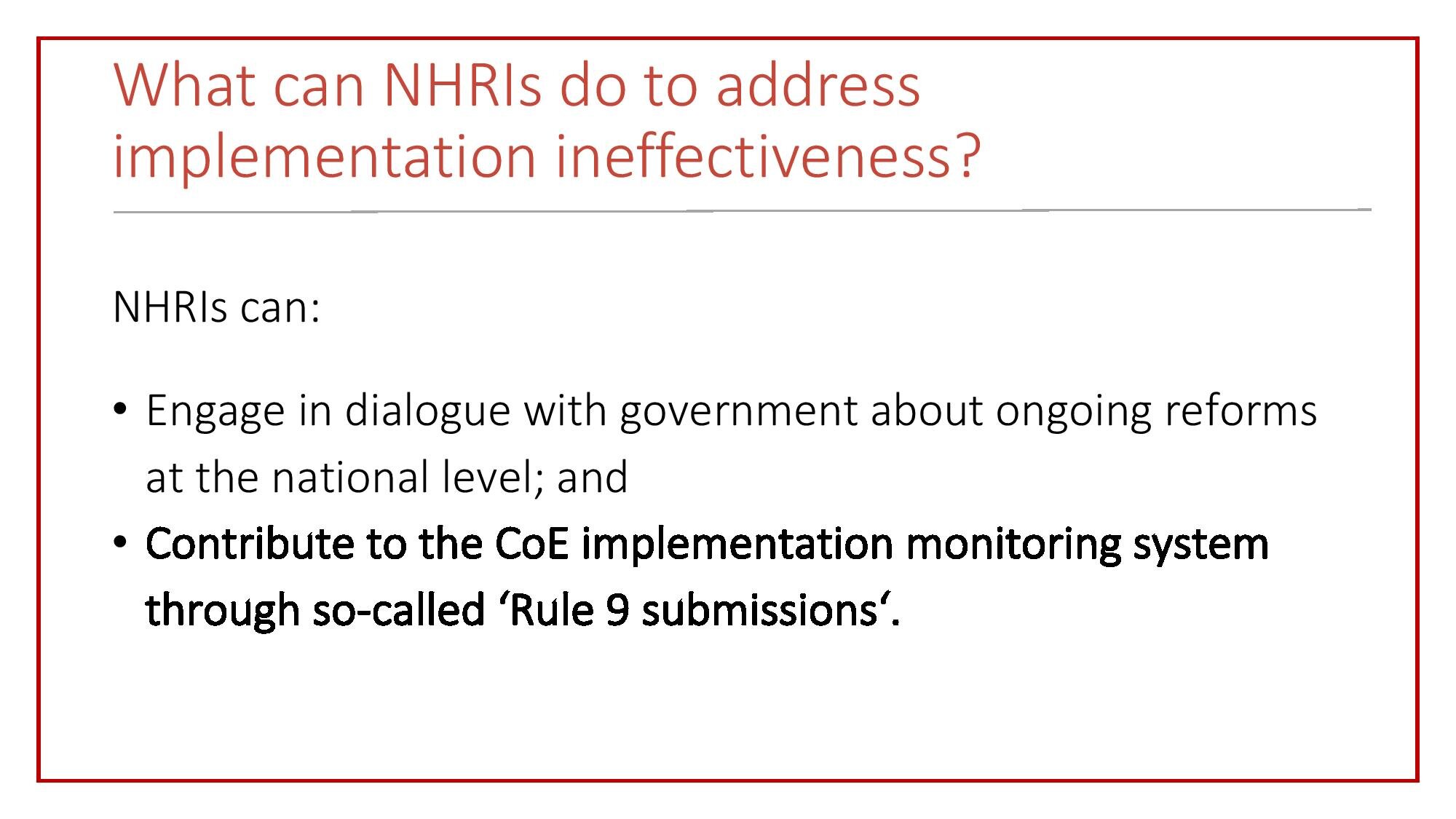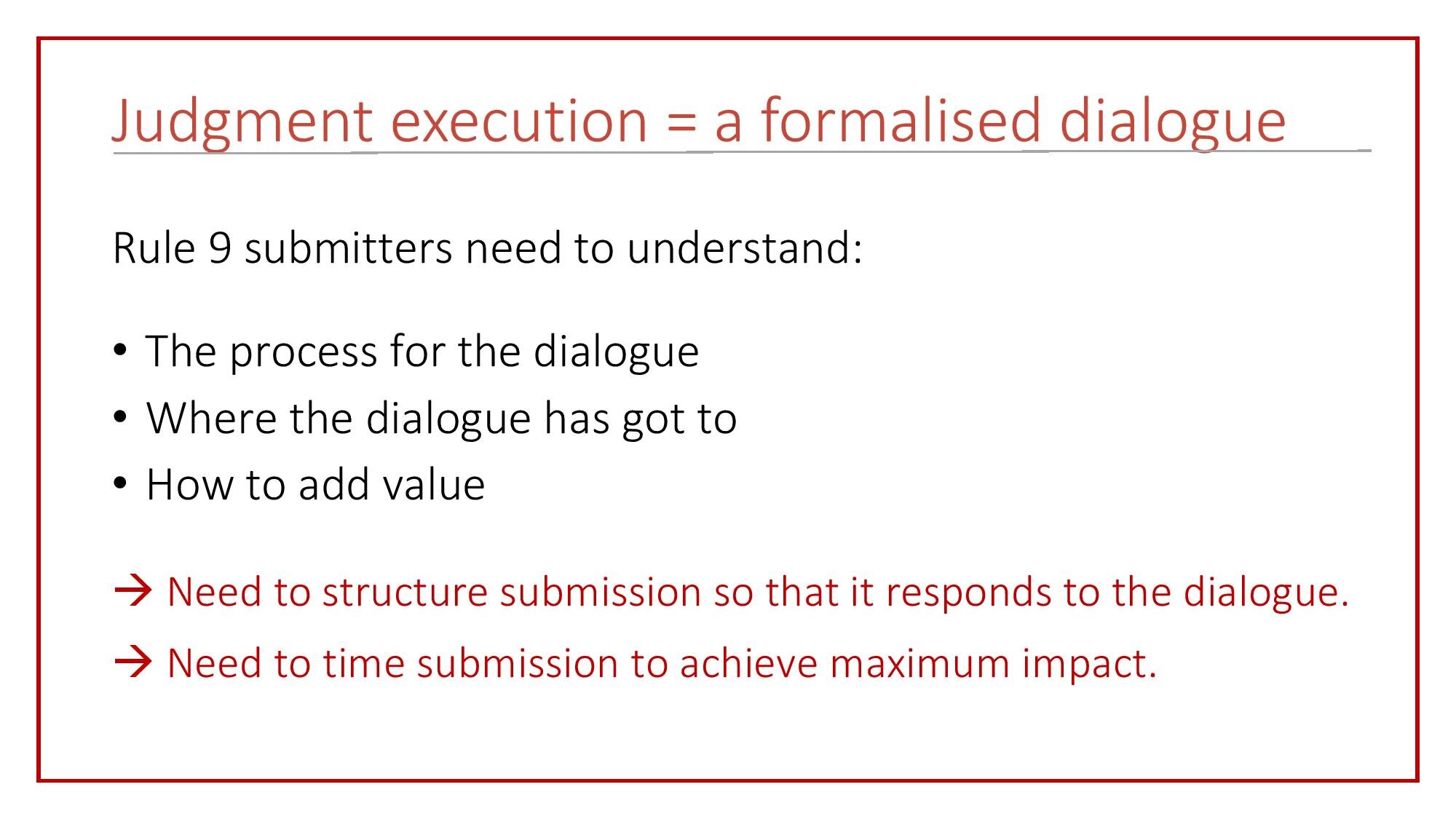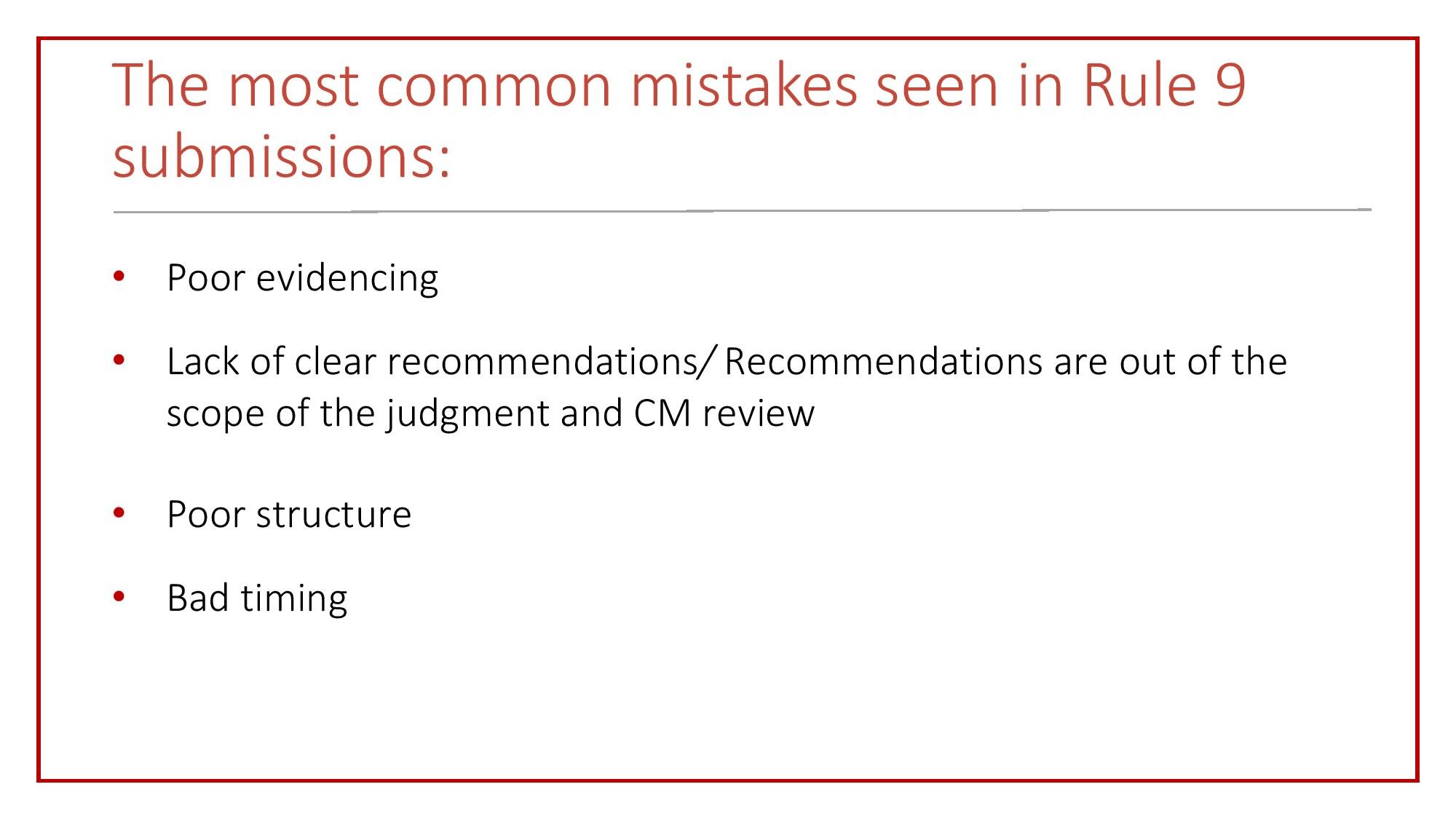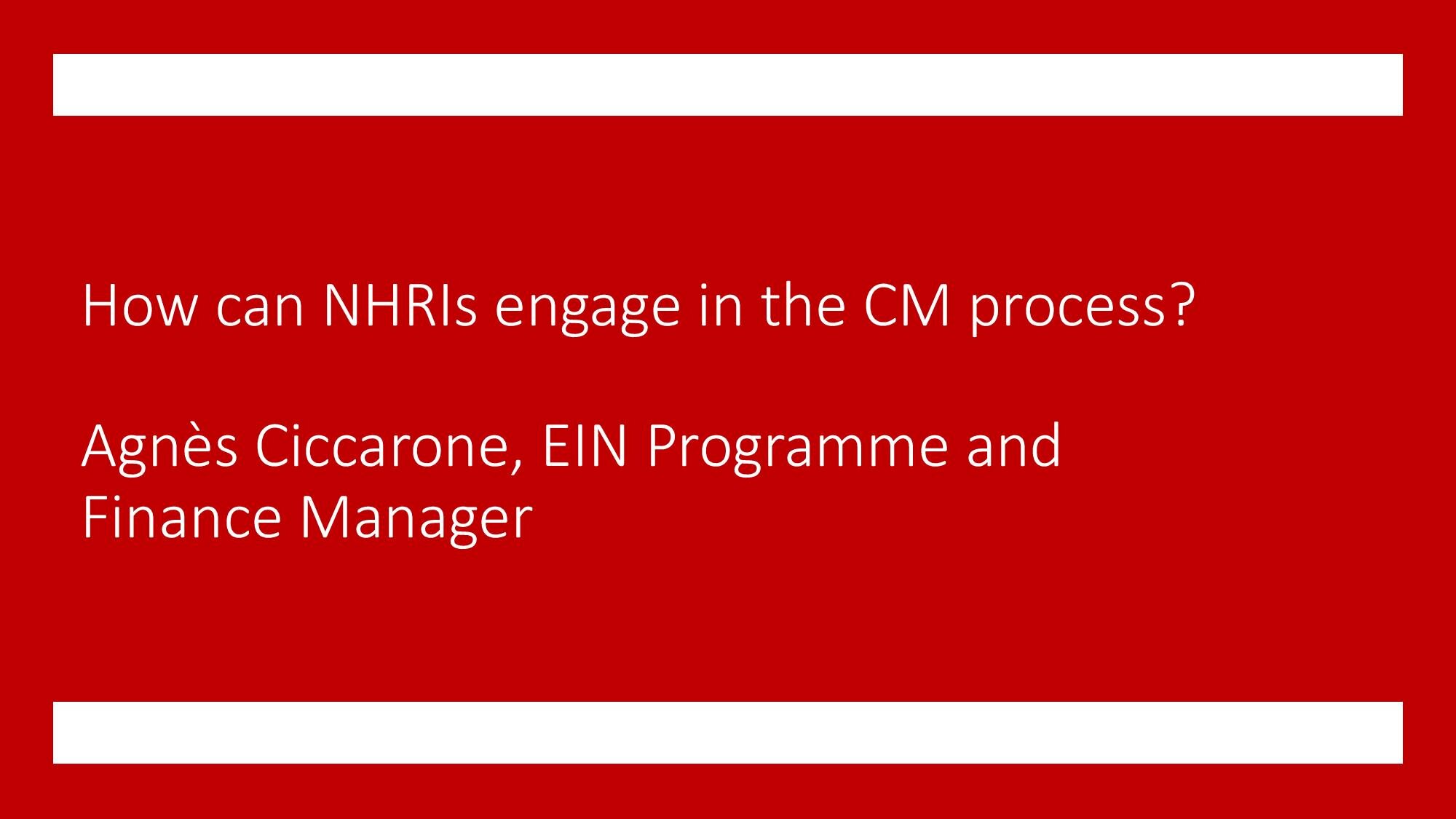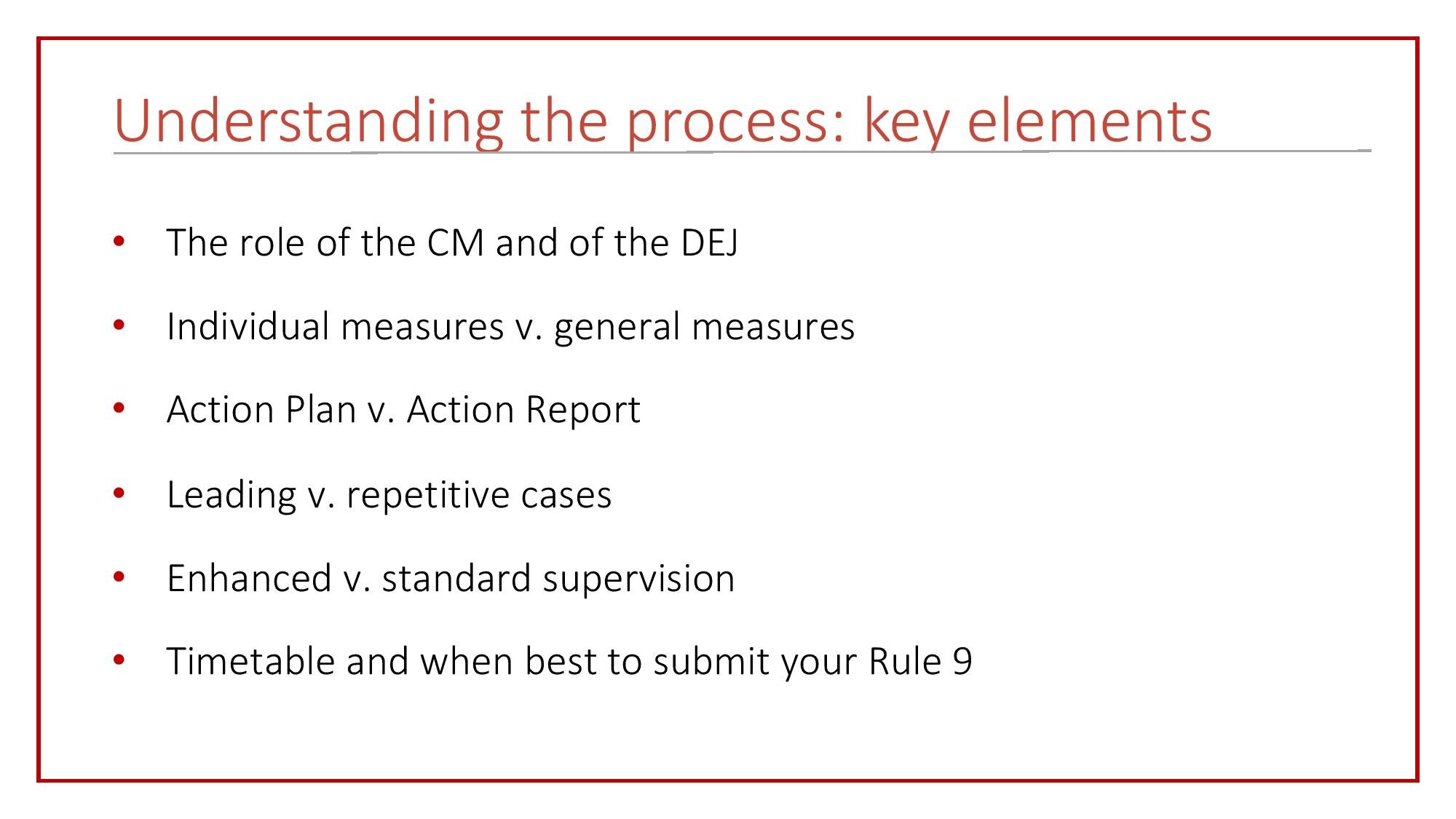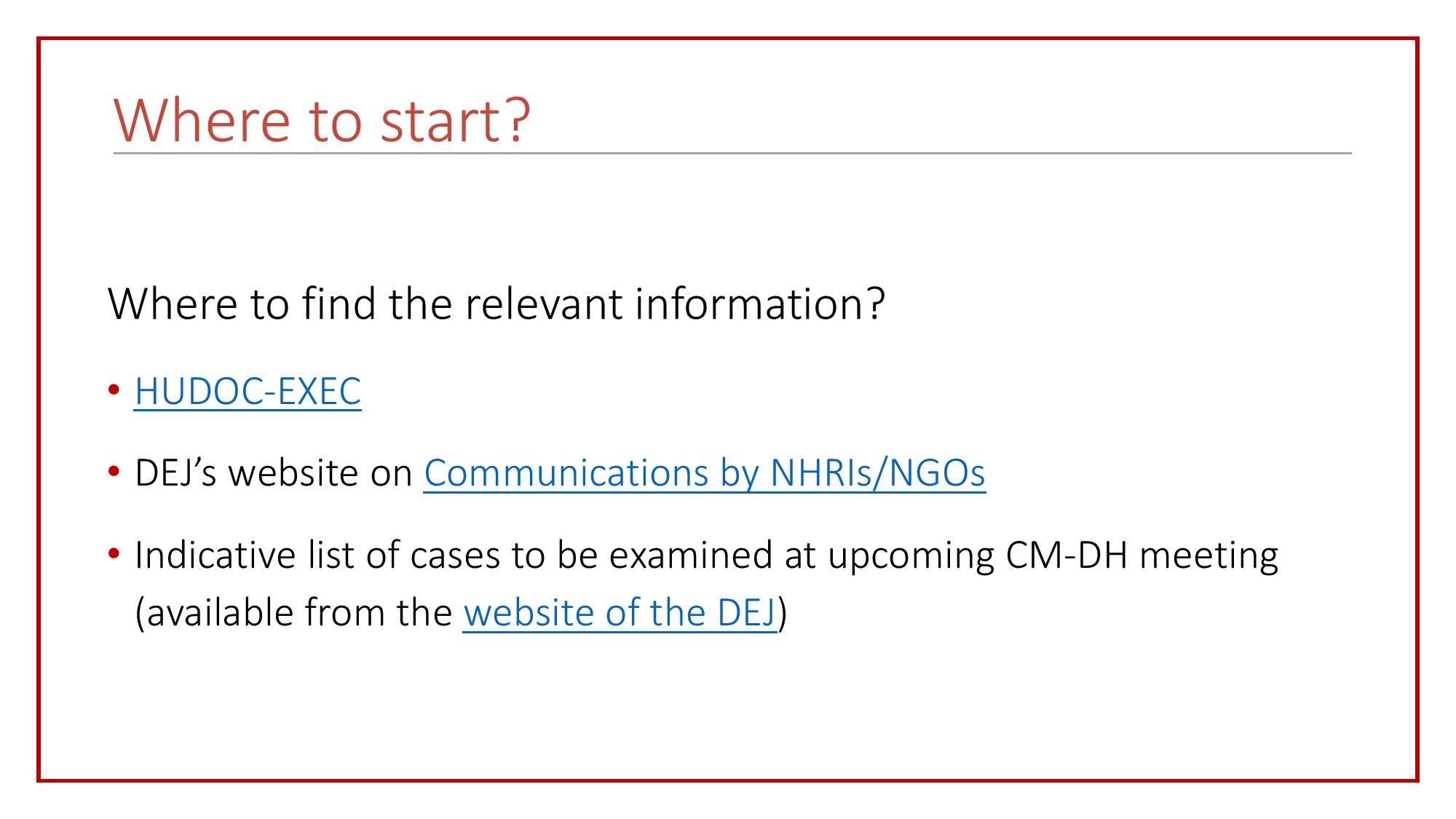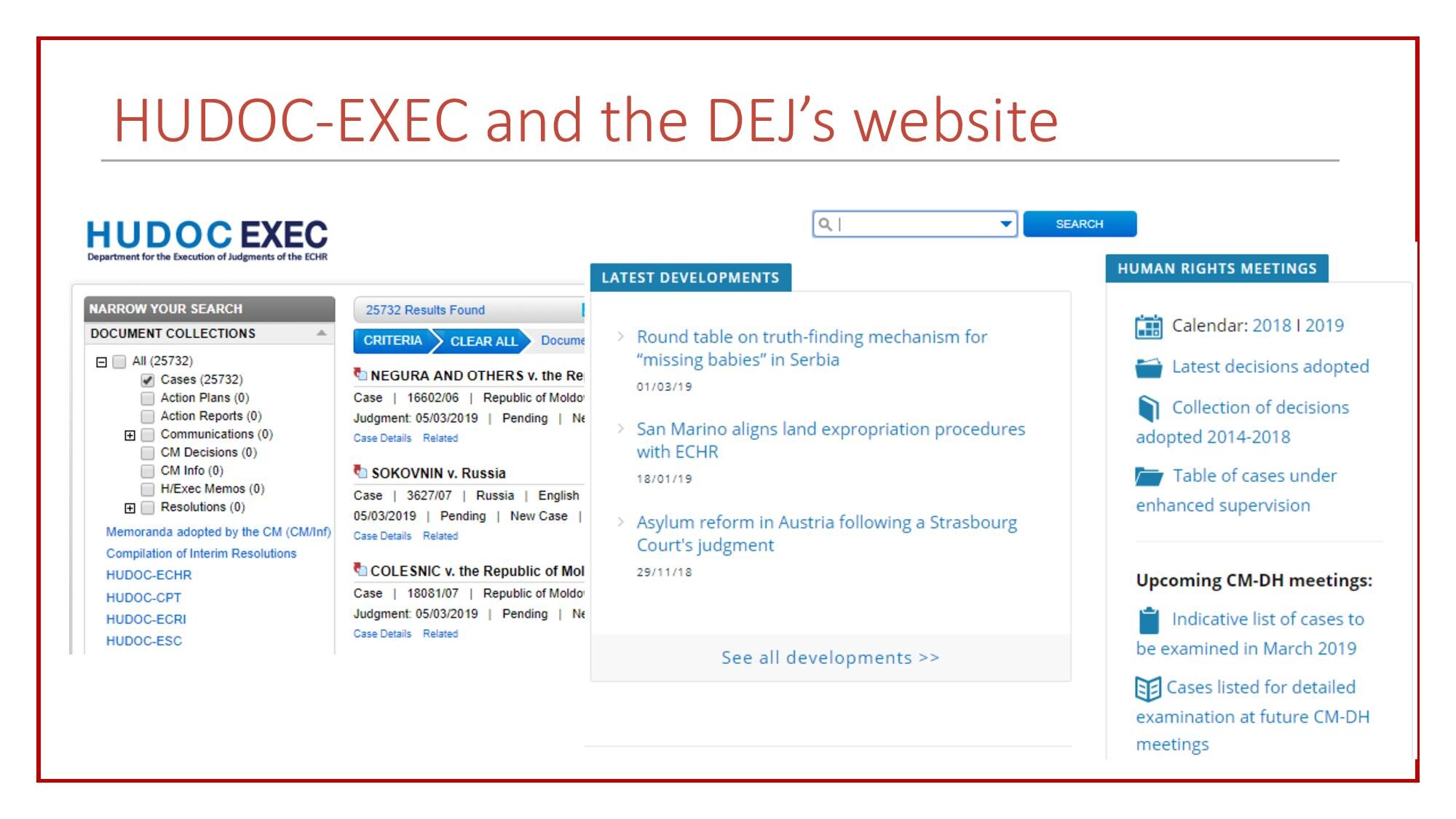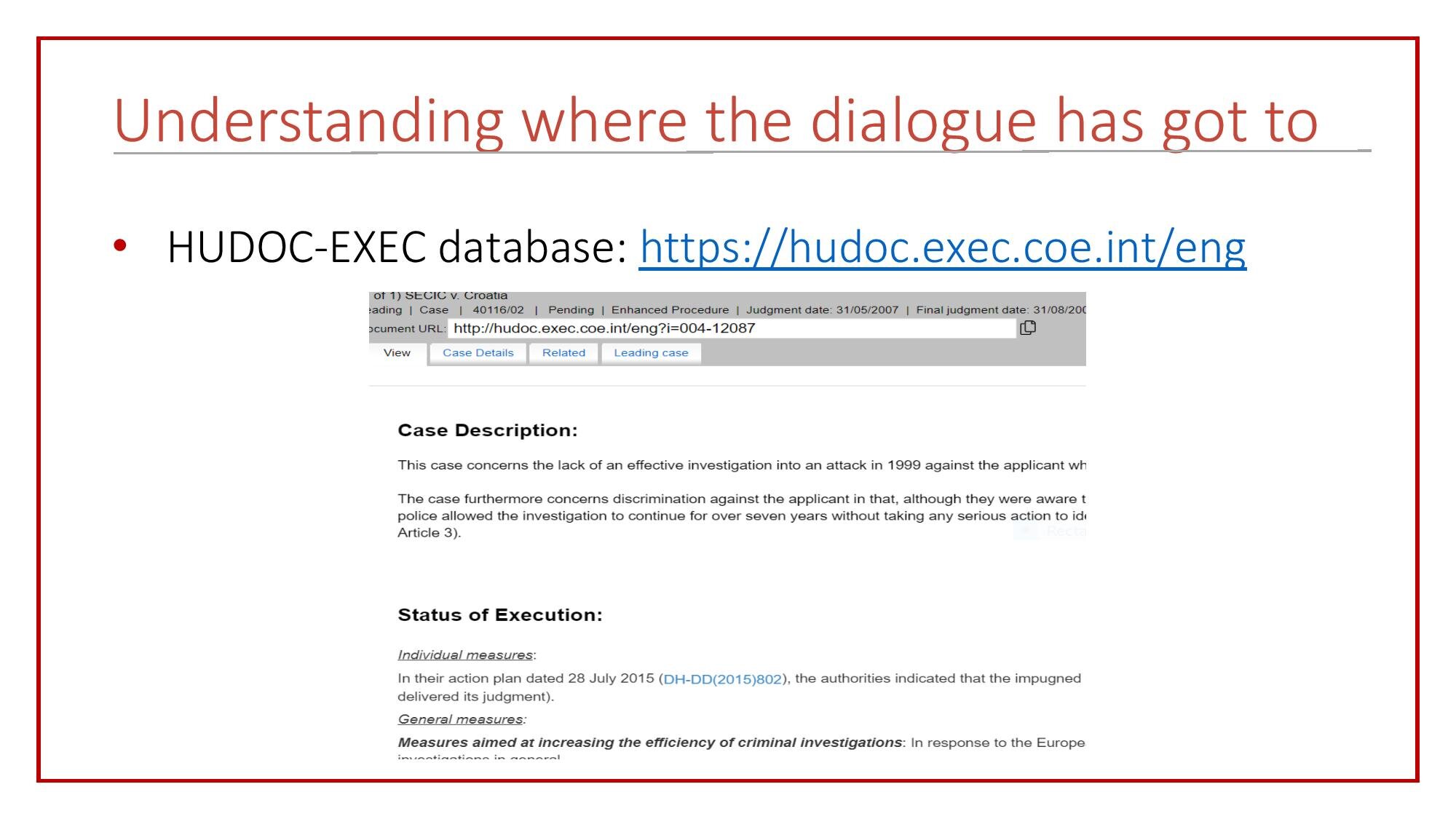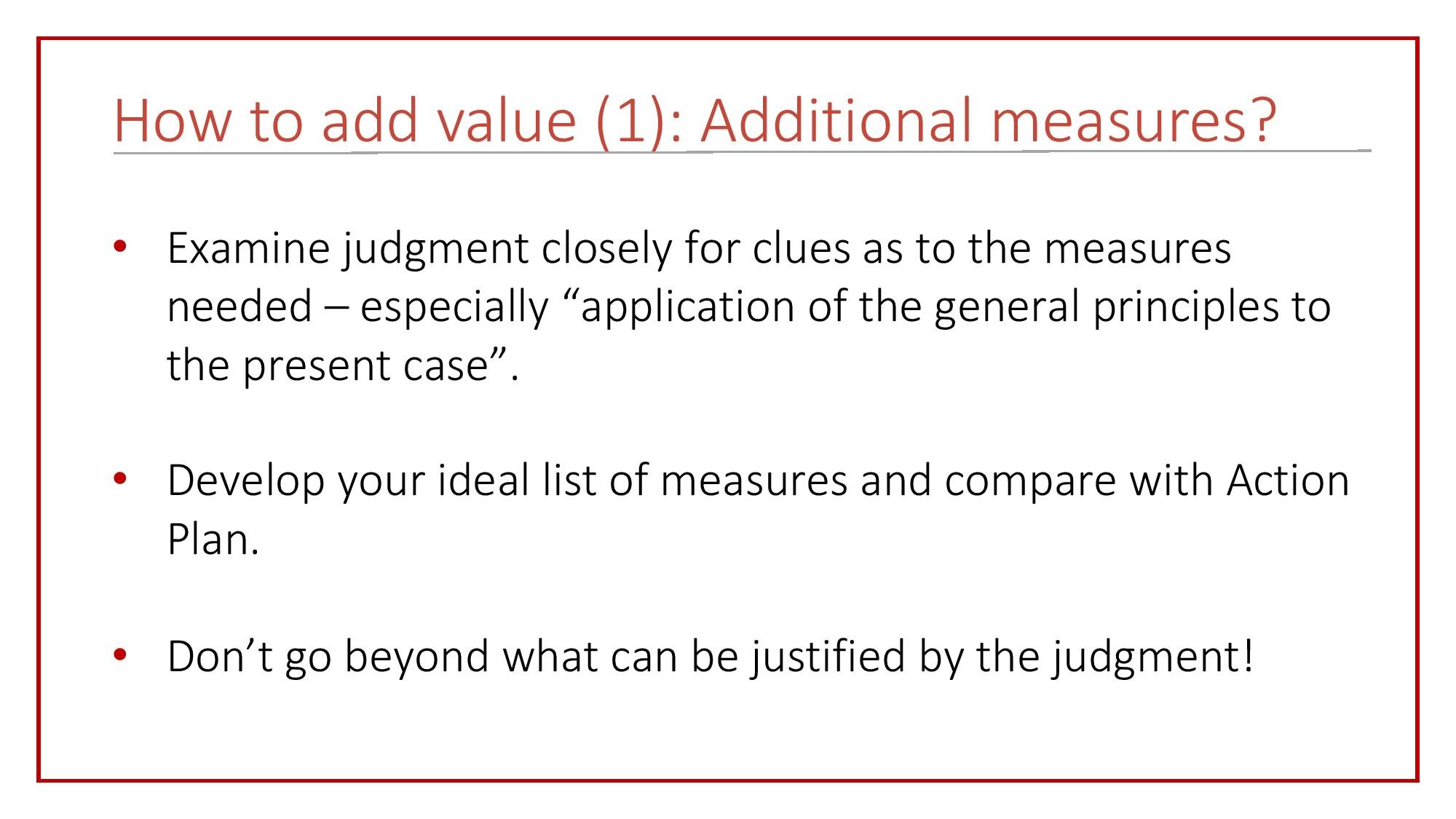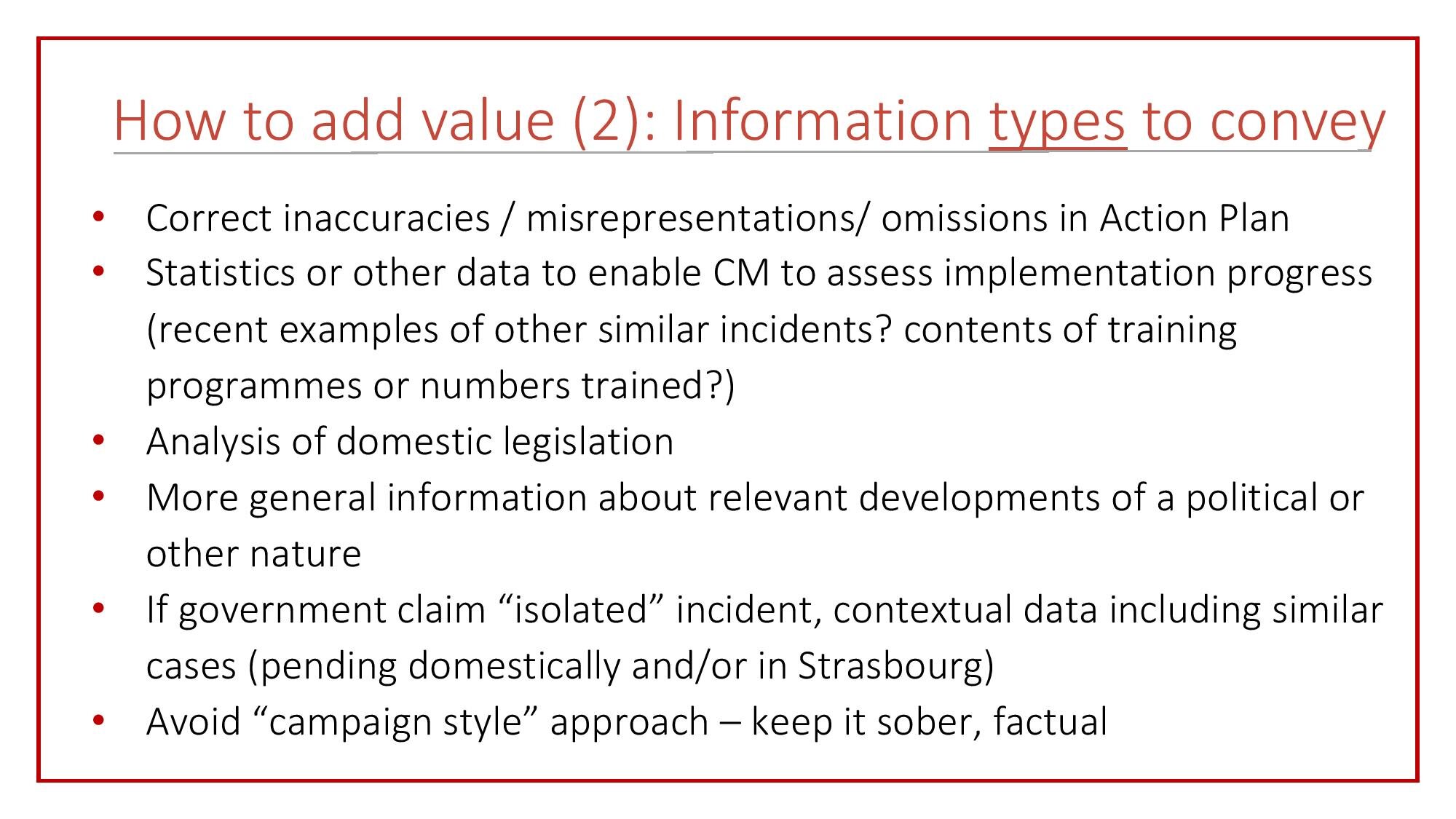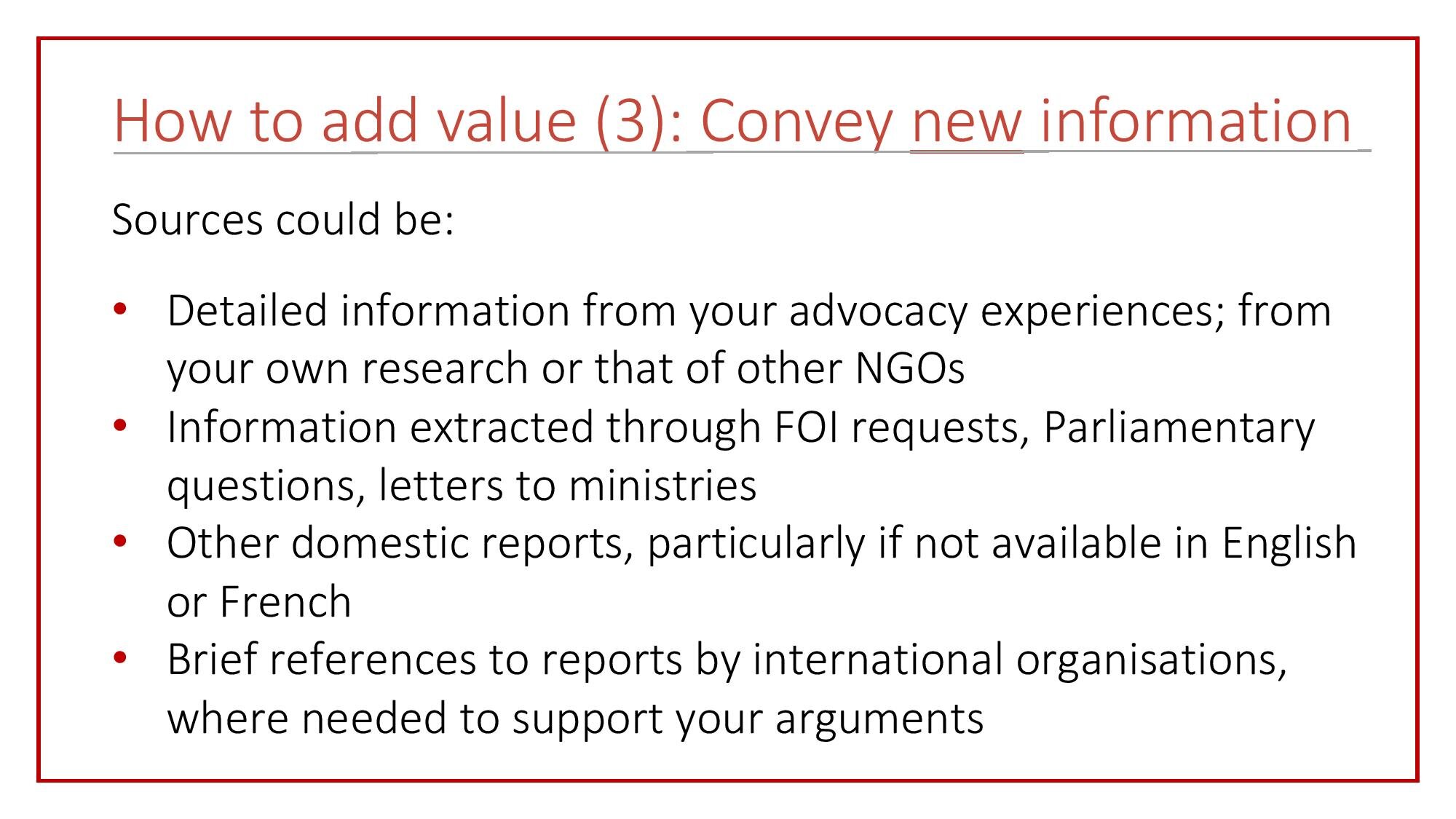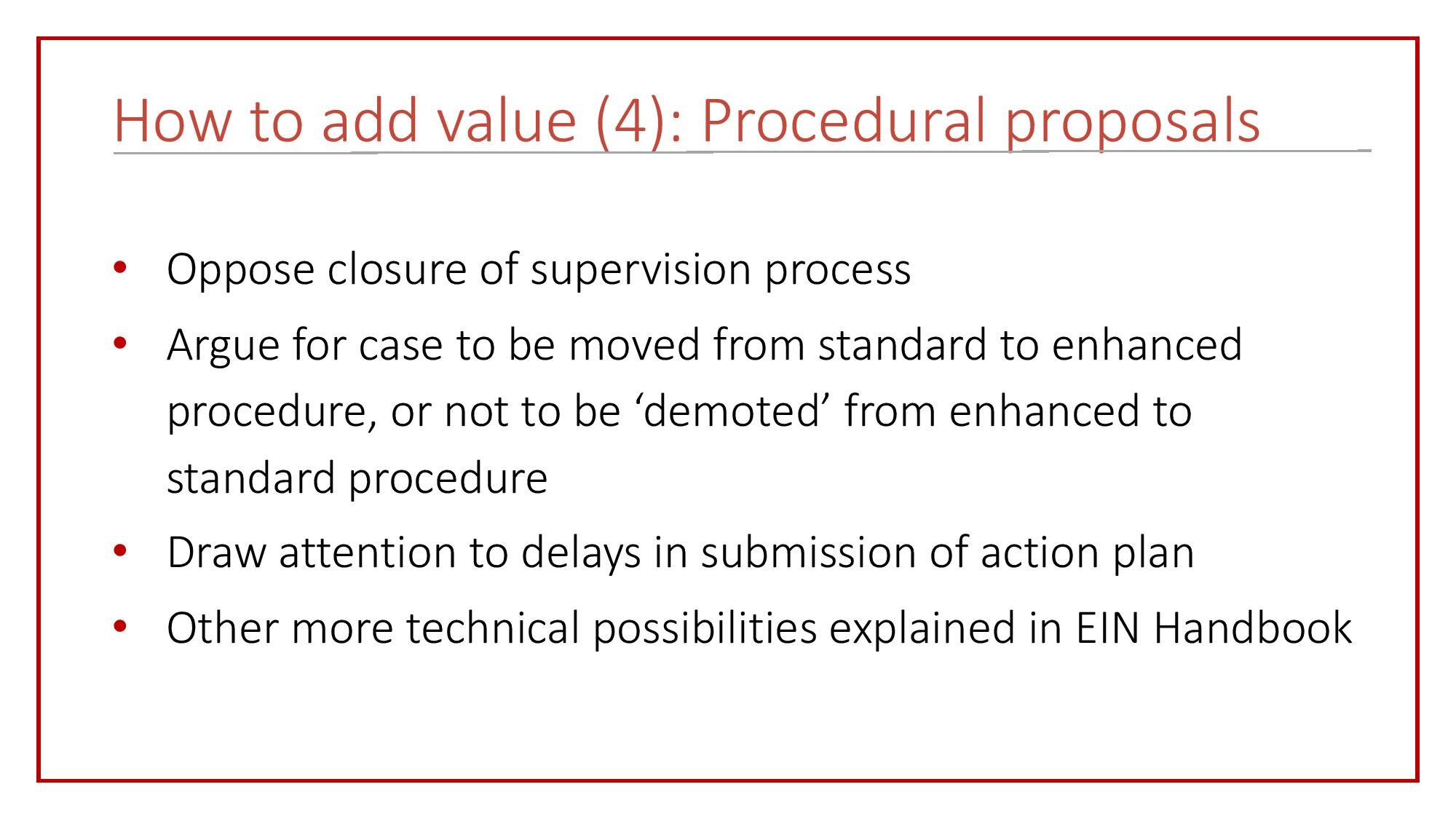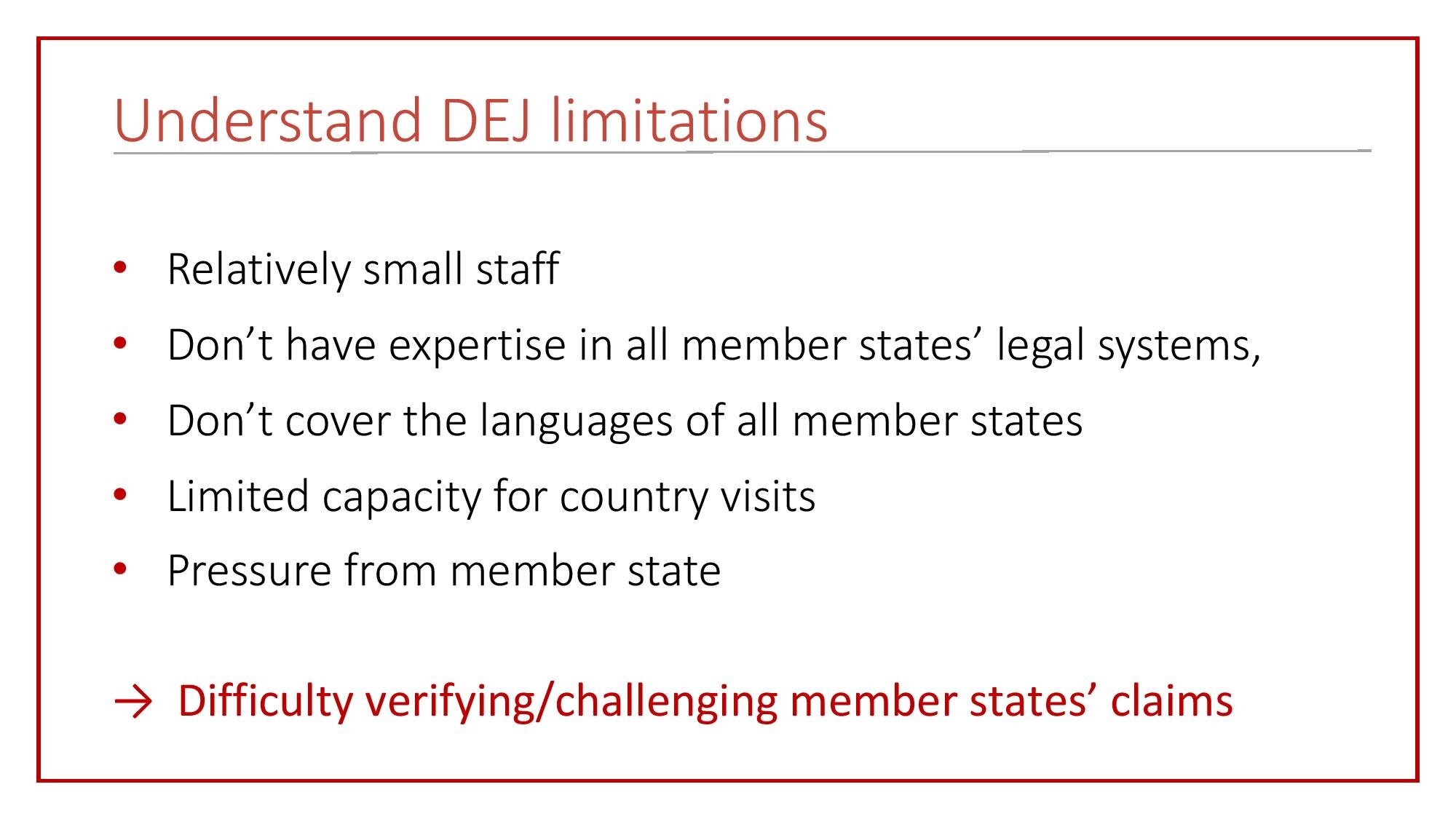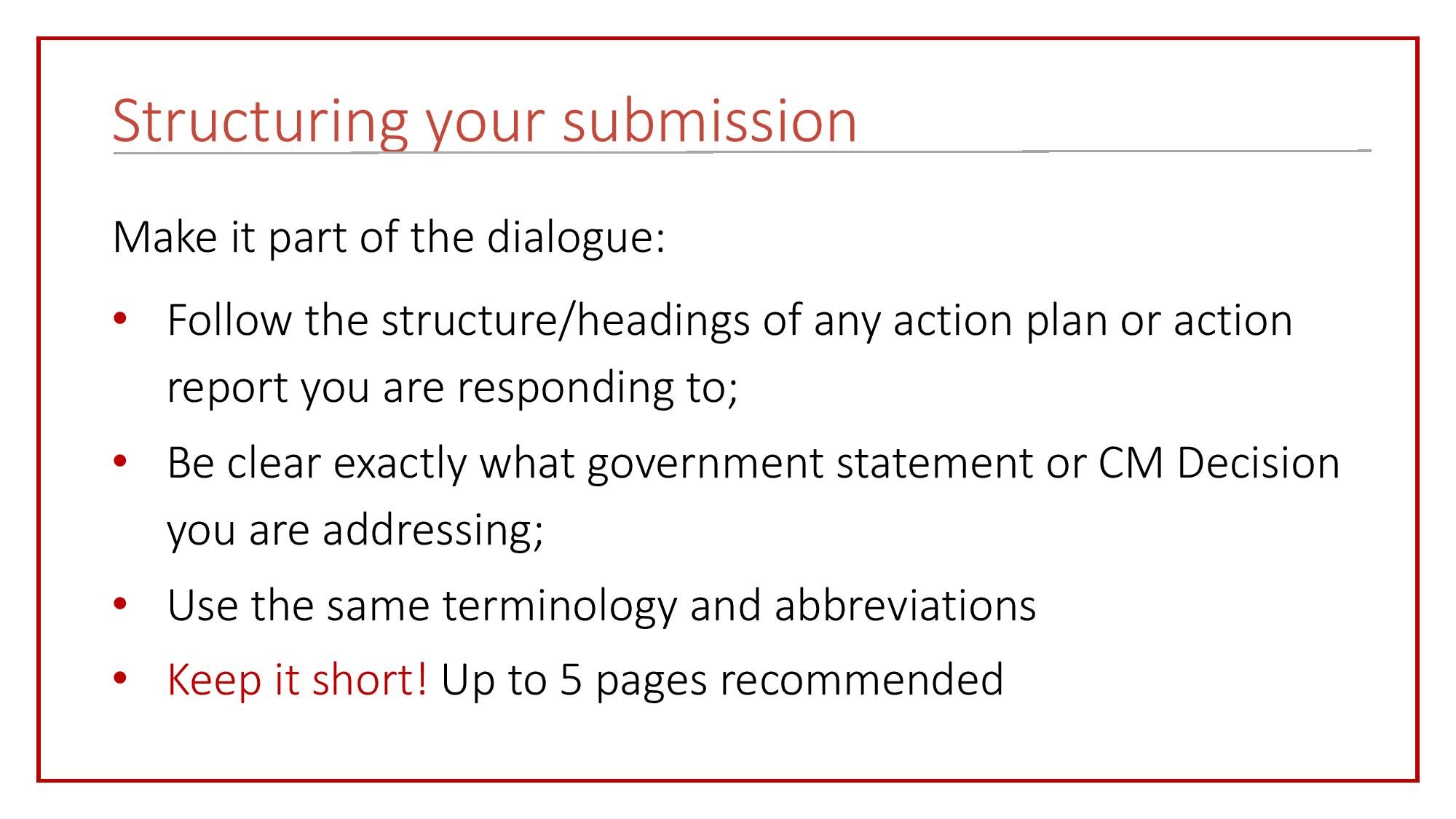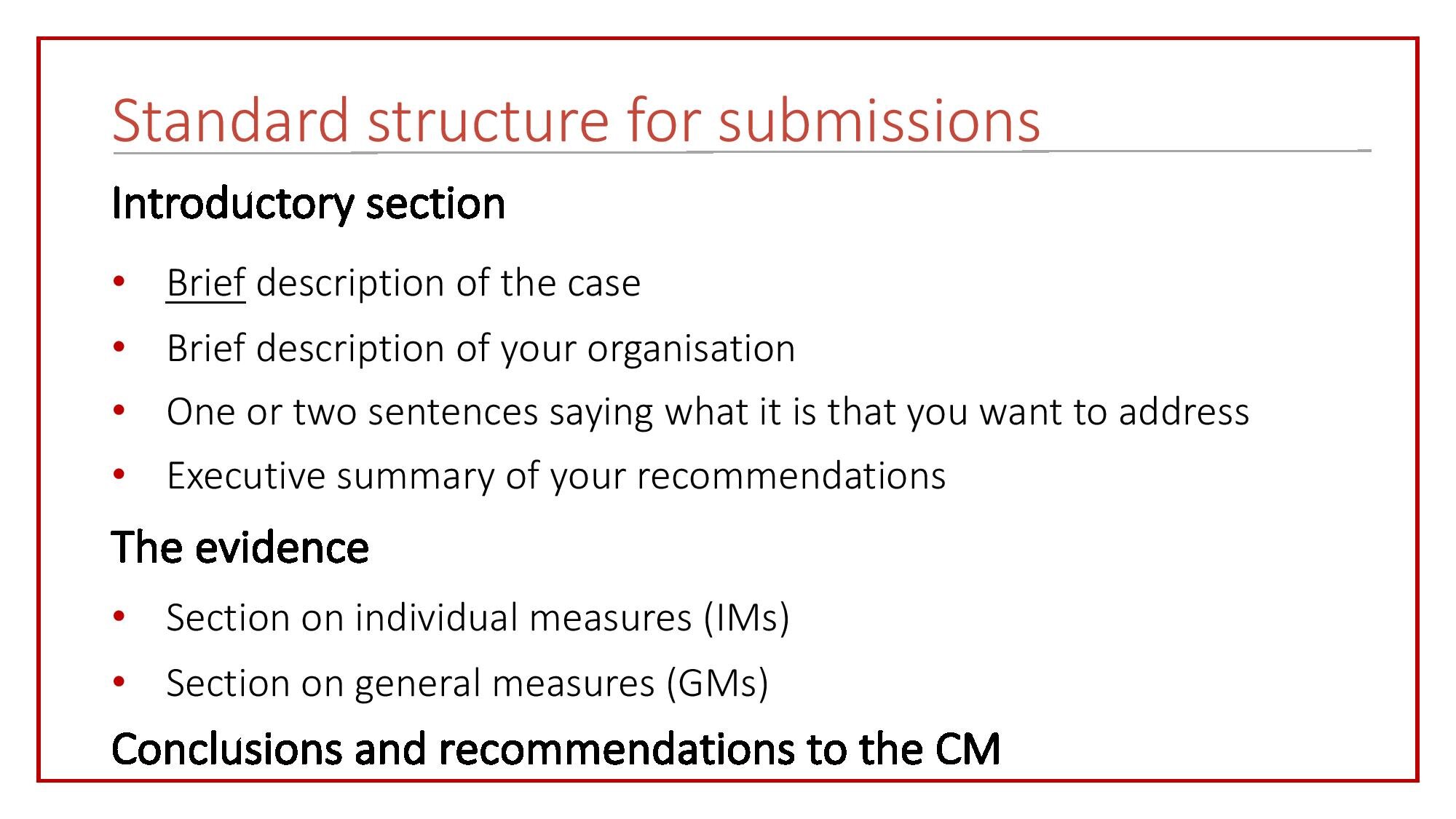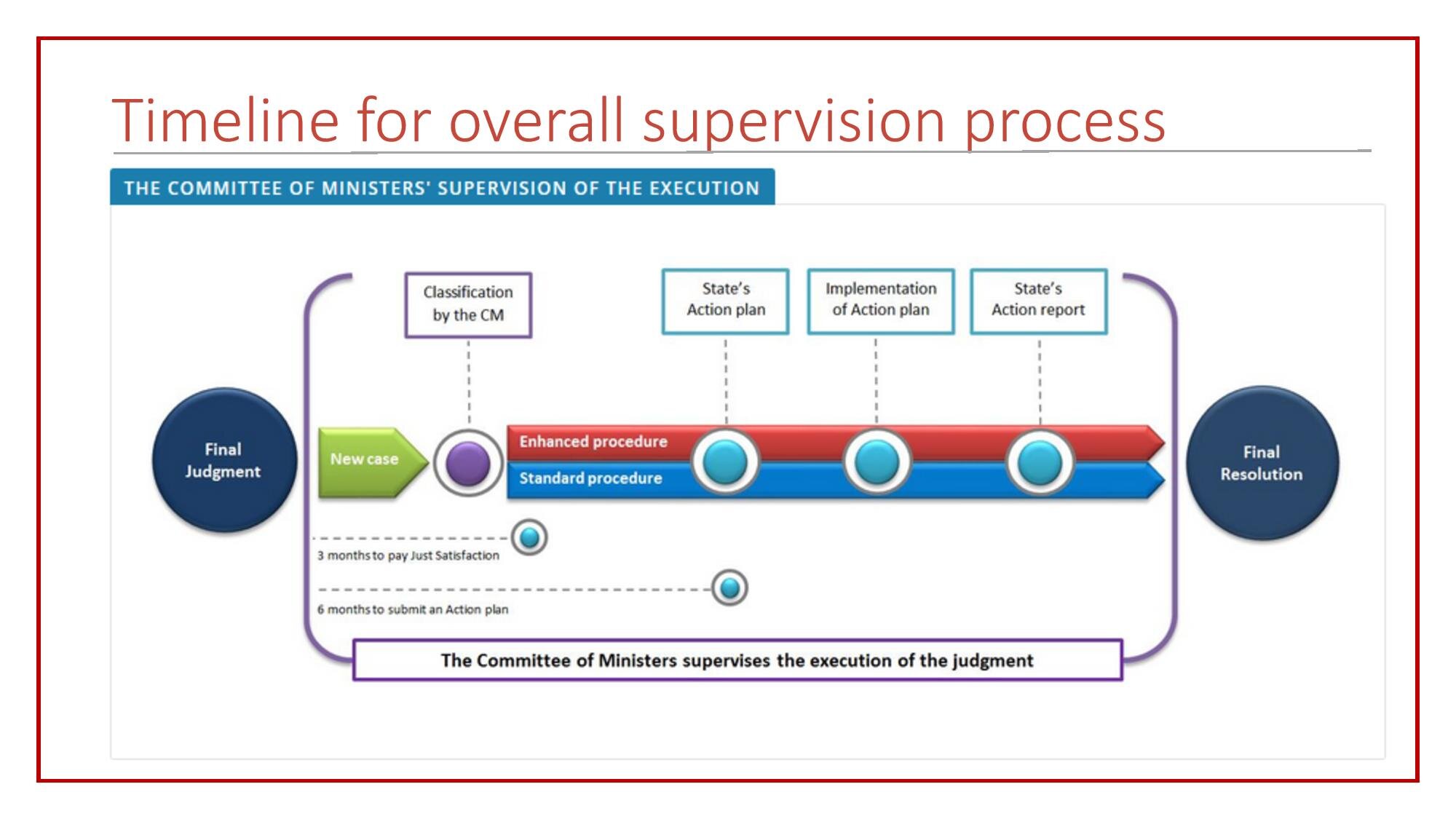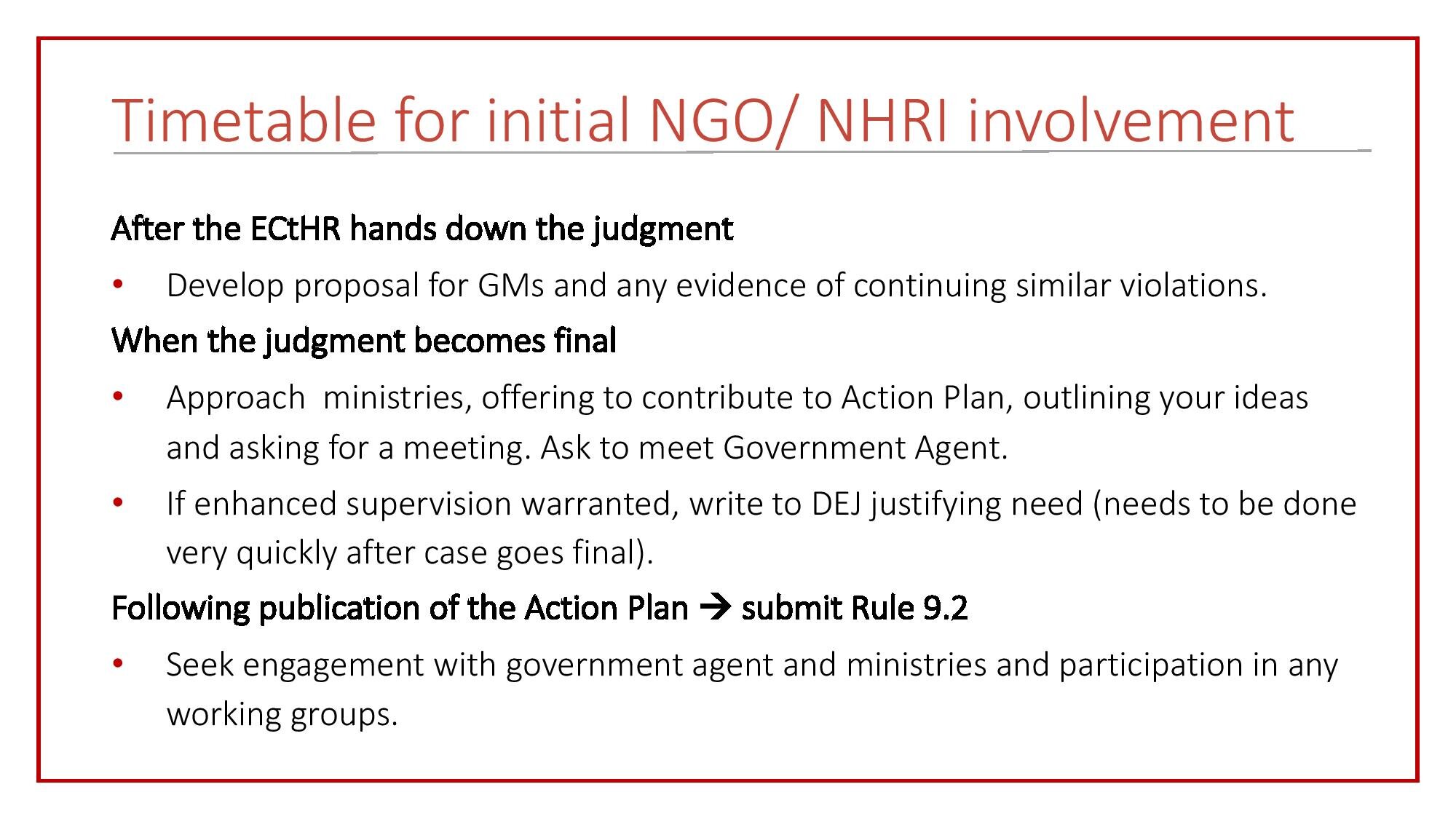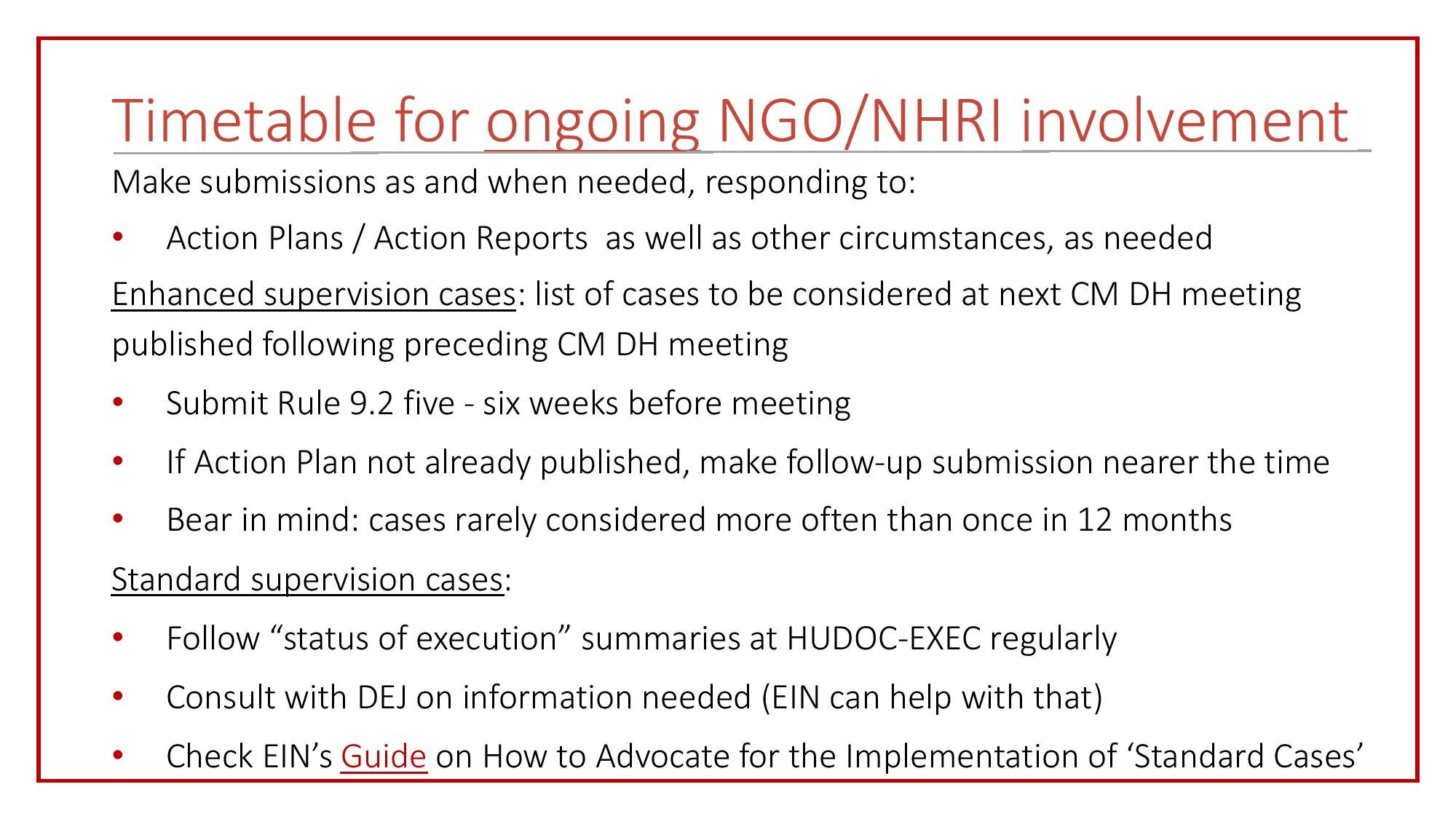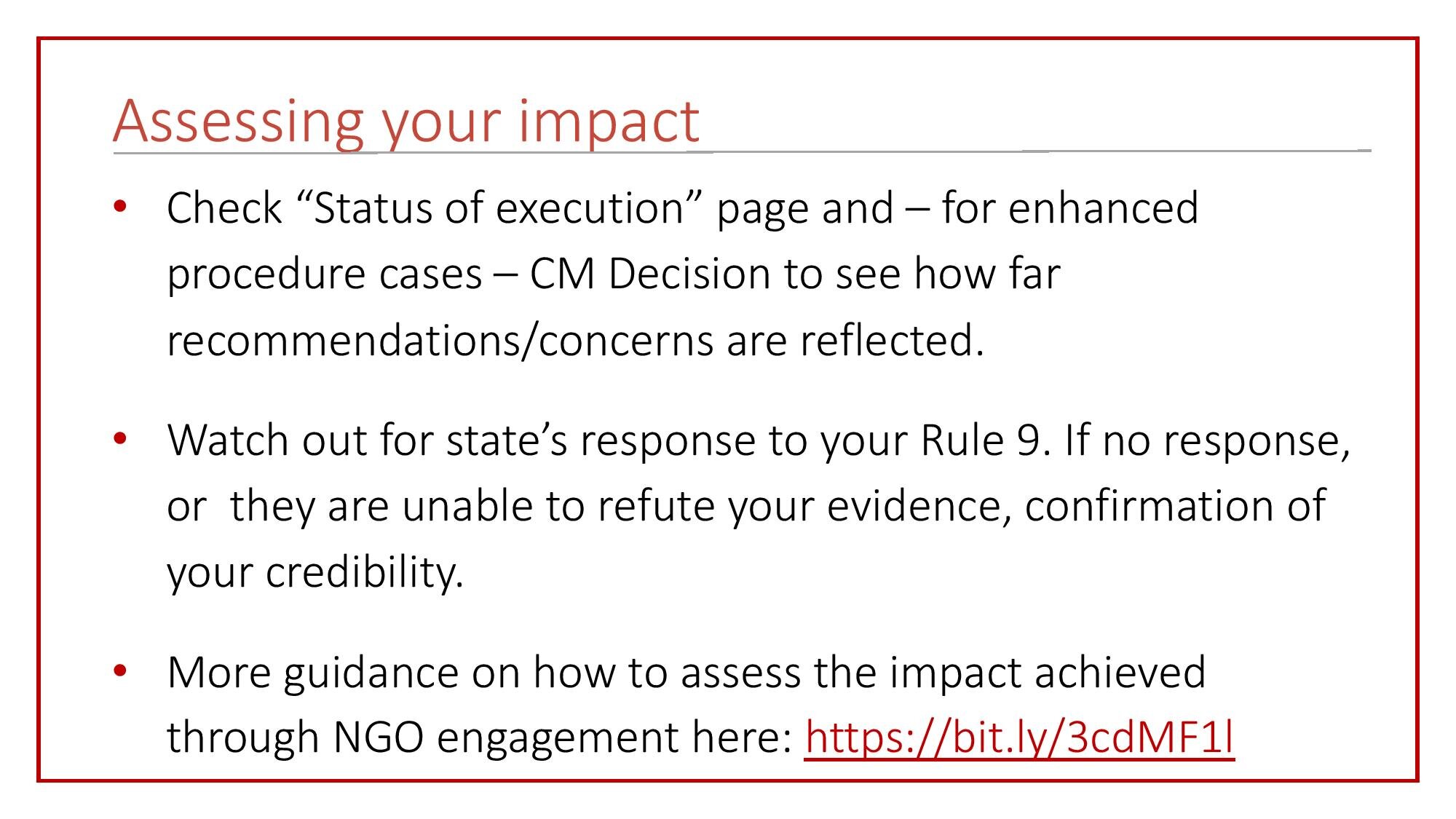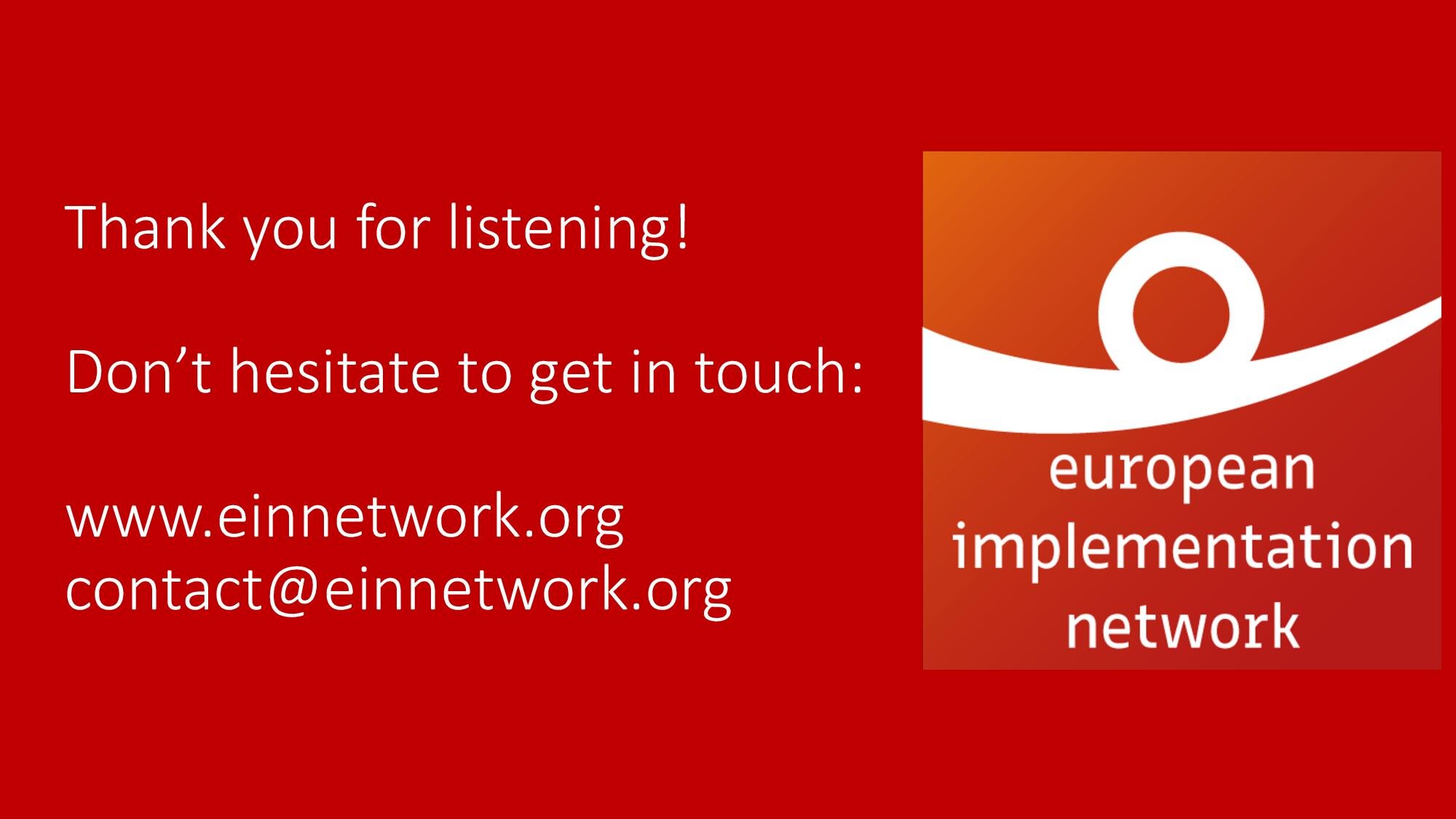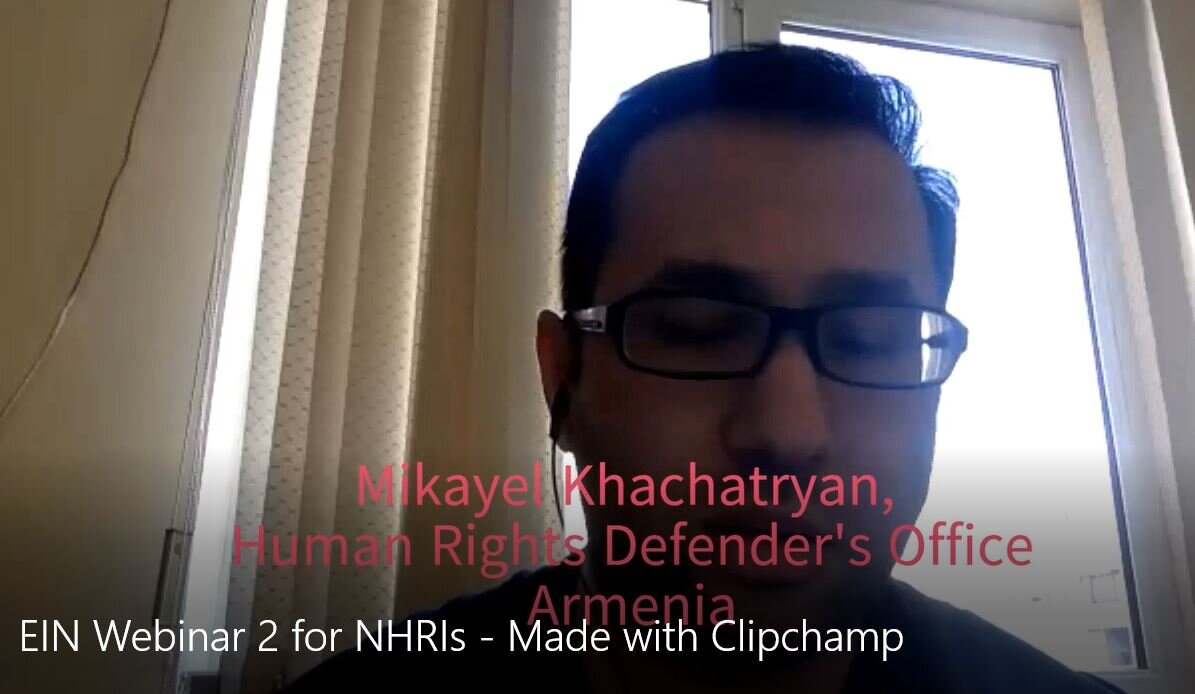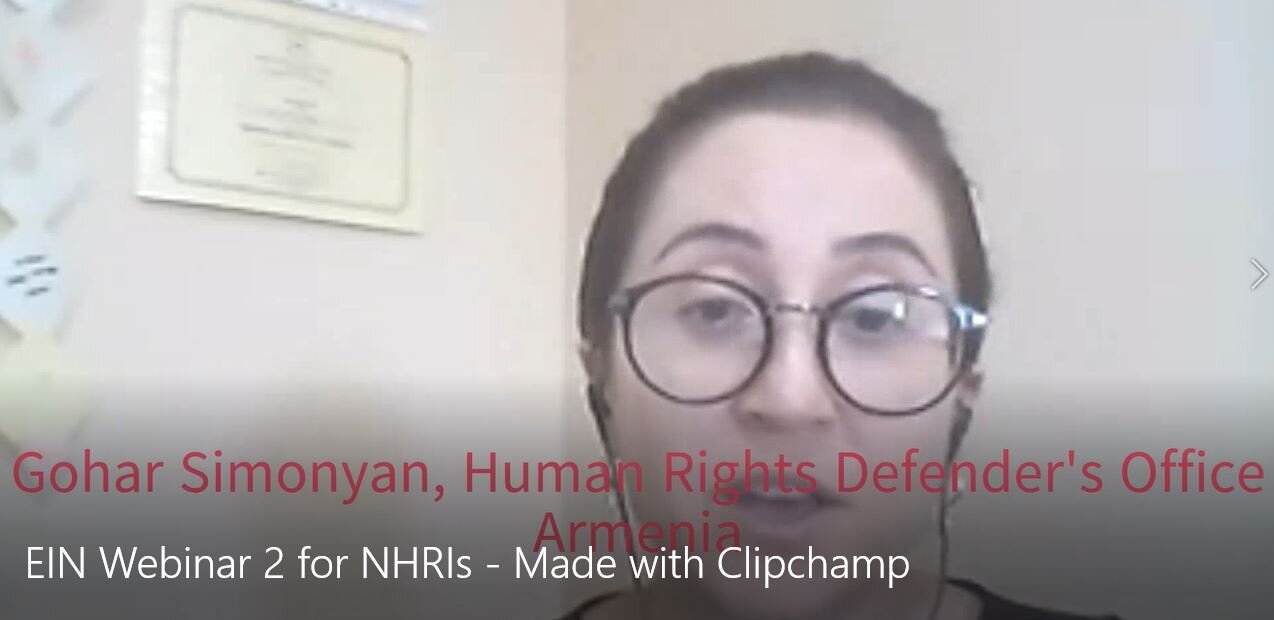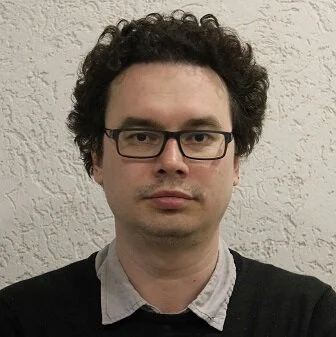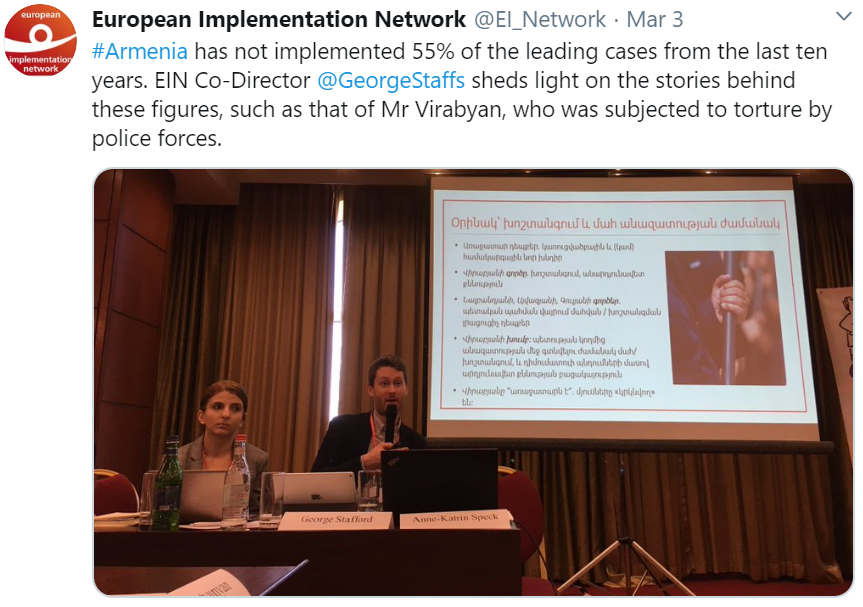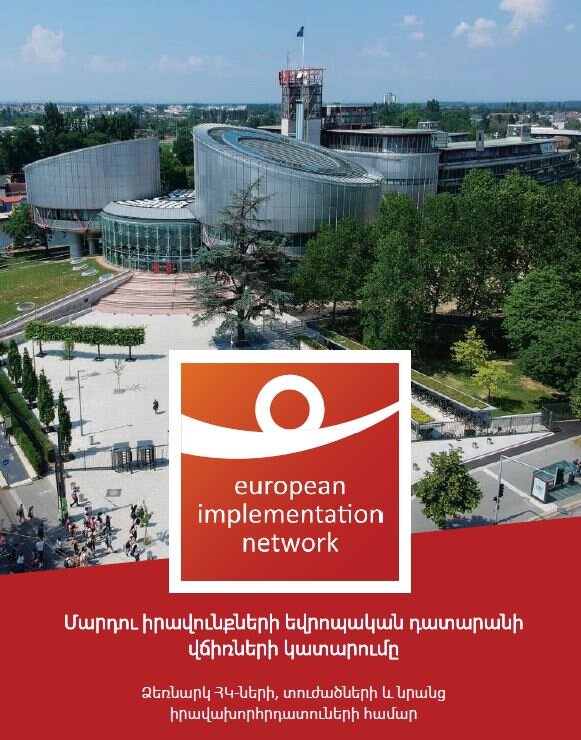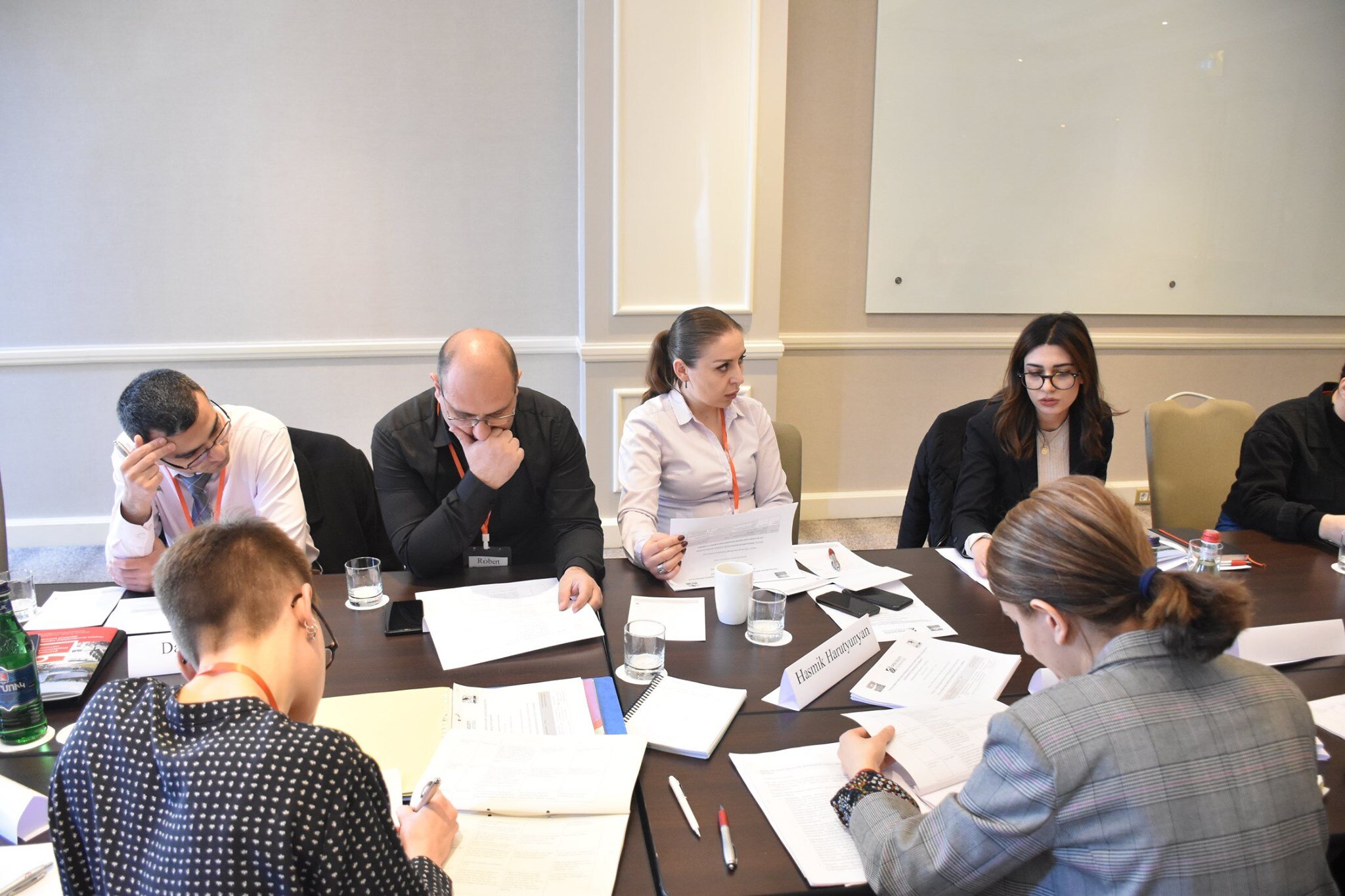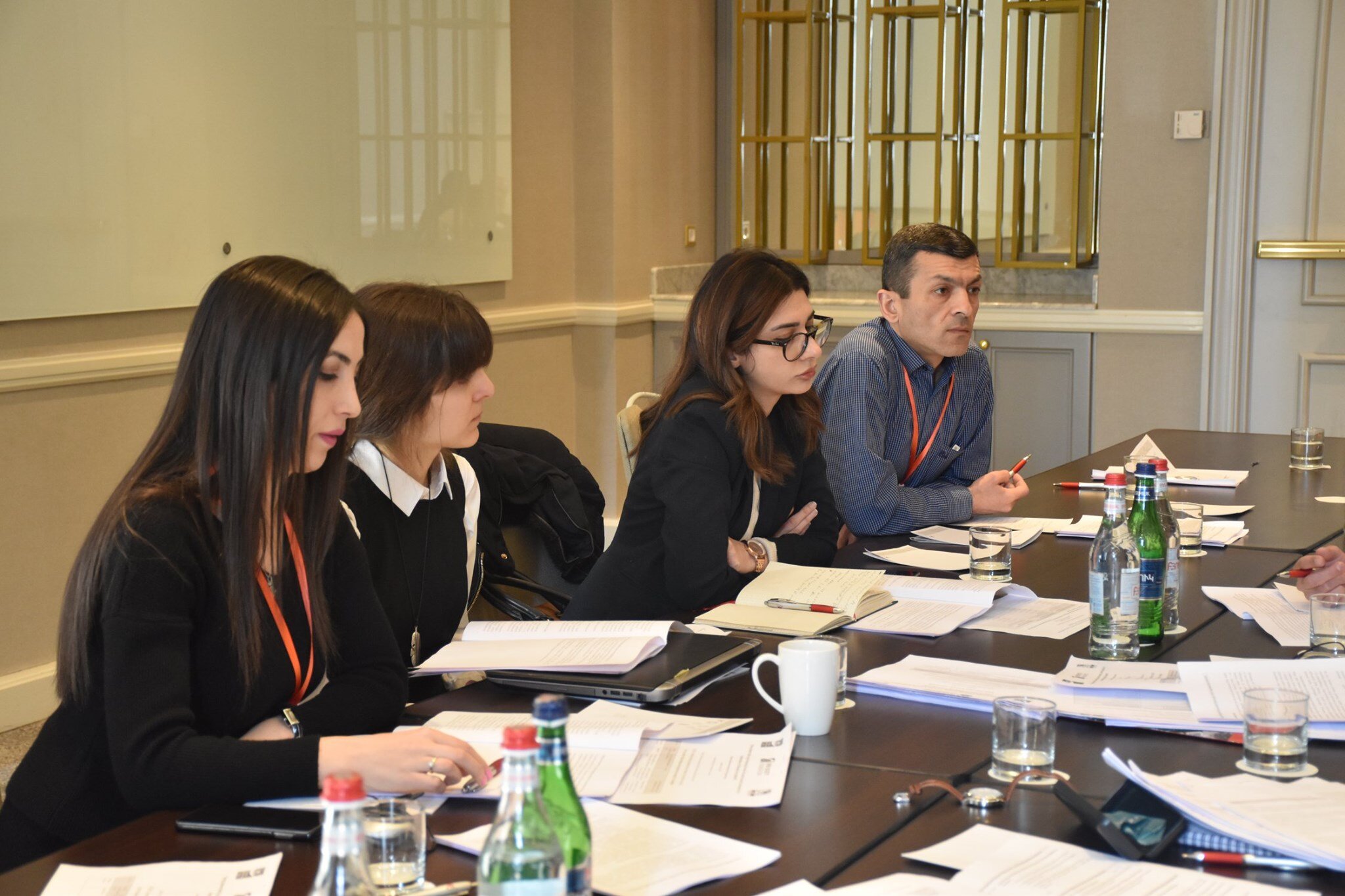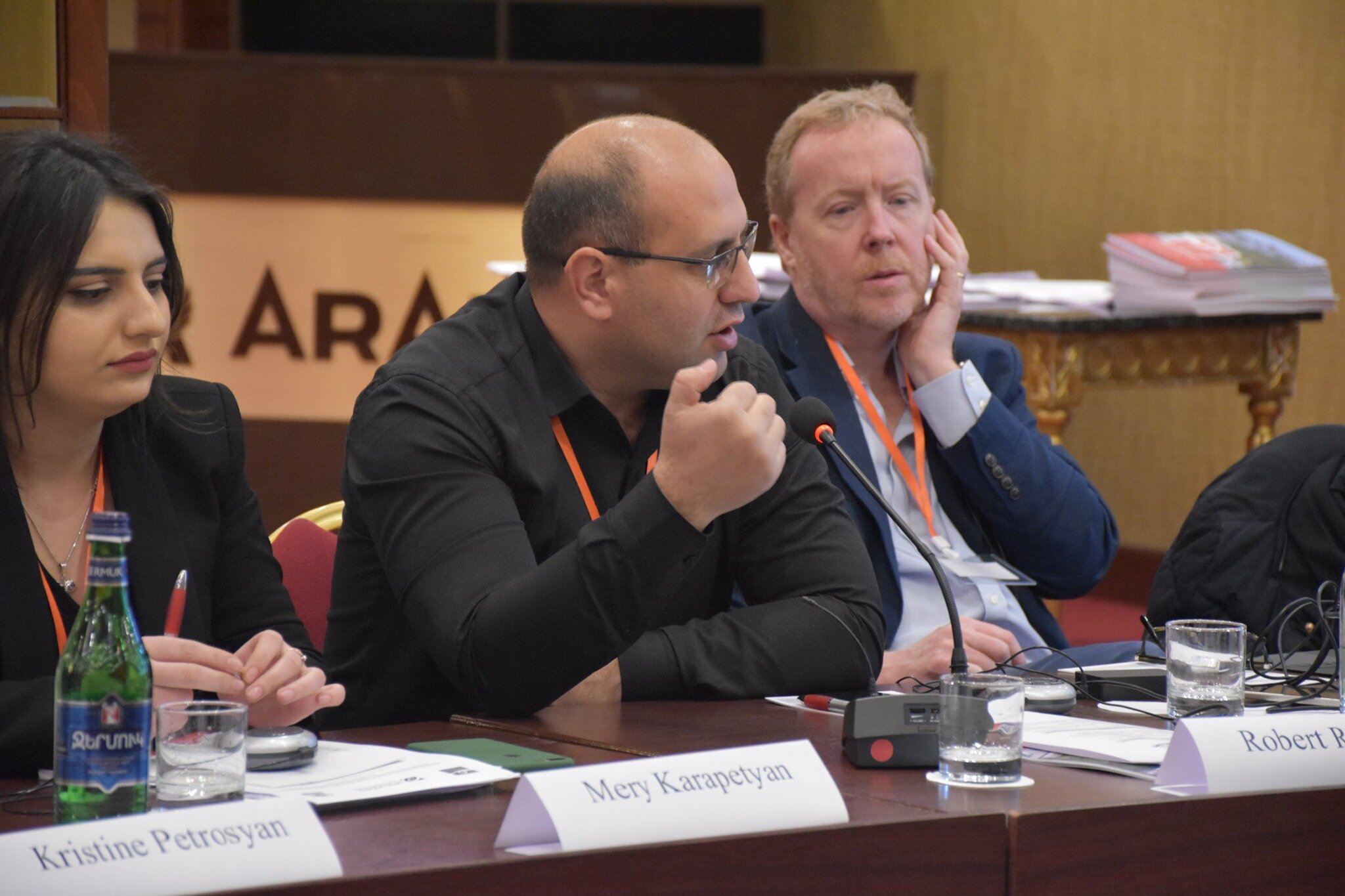Online Training for Georgian Civil Society about ECtHR judgments implementation process
/On the December 17th EIN organised a joint training session for Georgian civil society with the Georgian Young Lawyer’s Association (GYLA). This training session aimed to enhance the capacity of civil society’s engagement with the process of implementation of judgments of the European Court of Human Rights (ECtHR).
The training session focused on two main areas: the implementation process of judgments of the ECtHR and how to address the issue of non-implementation of ECtHR judgments in Georgia.
EIN Director George Stafford and GYLA Strategic Litigation Coordinator Nino Jomarjidze provided the session's introductions. After the welcoming remarks, Veronika Kotek, representative of the Council of Europe’s Department for the Execution of Judgments (DEJ), provided civil society organisations with an overview of the implementation process in Strasbourg and the mandate of the Council of Europe of the Committee of Ministers. This was followed with a presentation by EIN Programme Manager Agnes Ciccarone, regarding the involvement of NGOs in the Strasbourg system, specifically looking at how NGOs can participate in that process. GYLA Strategic Litigation Coordinator Nino Jomarjidze then gave concrete examples from GYLA’s work, to highlight the importance for NGOs of being involved in the implementation process. The session then moved towards discussing the current ECtHR judgments that are pending against Georgia, with a presentation by the EIN Director George Stafford.
Following the first session, participants joined in a break- out session on writing Rule 9 submissions, moderated by DEJ representative Veronika Kotek and EIN Programme Manager Agnes Ciccarone, and how to work on pending ECtHR cases against Georgia, moderated by GYLA Strategic Litigation Coordinator Nino Jomarjidze and EIN Director George Stafford.
The second session addressed how civil society organizations can become more engaged with the ECtHR implementation process at the national level. Nino Jomarjidze, Strategic Litigation Coordinator at GYLA, presented on the system of supervision of the implementation of ECtHR judgments in the Georgian Parliament. Next, the session moved on to the role of the Public Defender’s Office in ECtHR implementation, which was explained by Tamar Abazadze, Head of the Analytical Department at the PDO. The final topic of the session discussed international examples of domestic advocacy for the implementation of ECtHR judgments, by EIN Law and Advocacy Officer Ioana Iliescu.
The online training session concluded with final questions, discussion, and next steps for participating with the implementation process in Georgia.
We thank all those who were involved in the training sessions and all participants who joined in.


